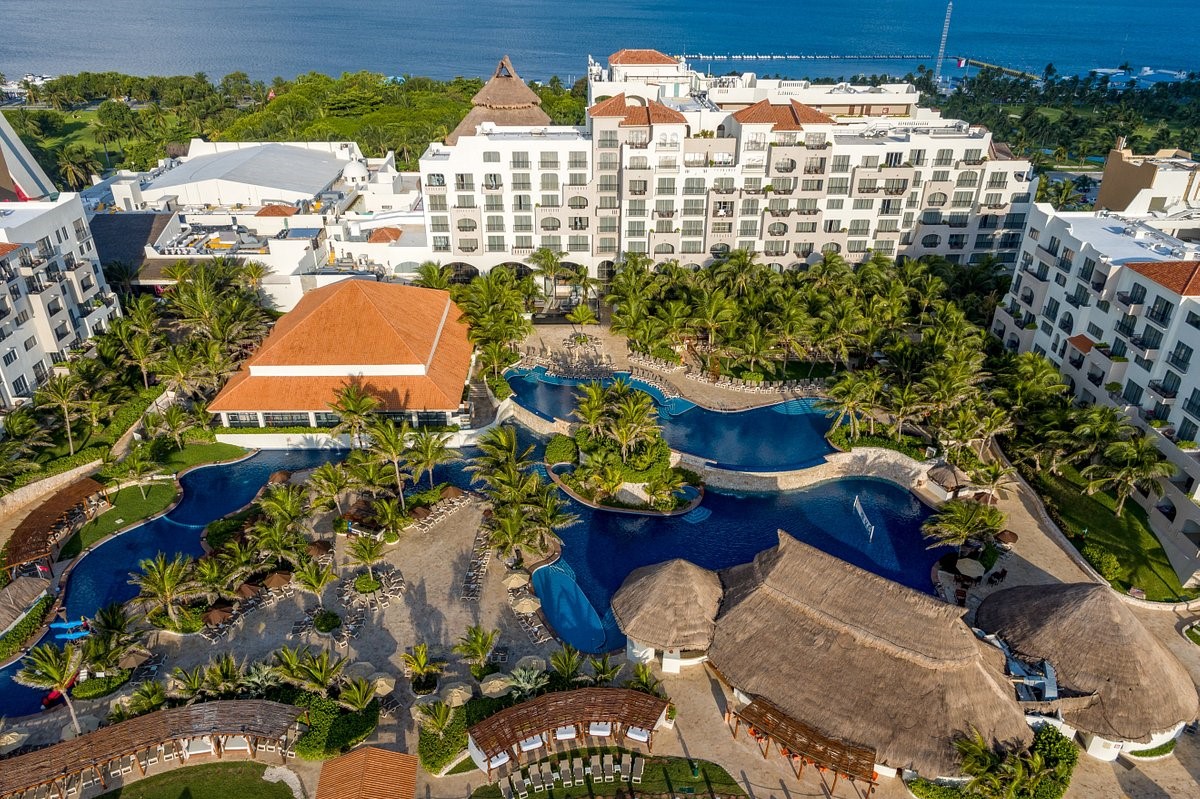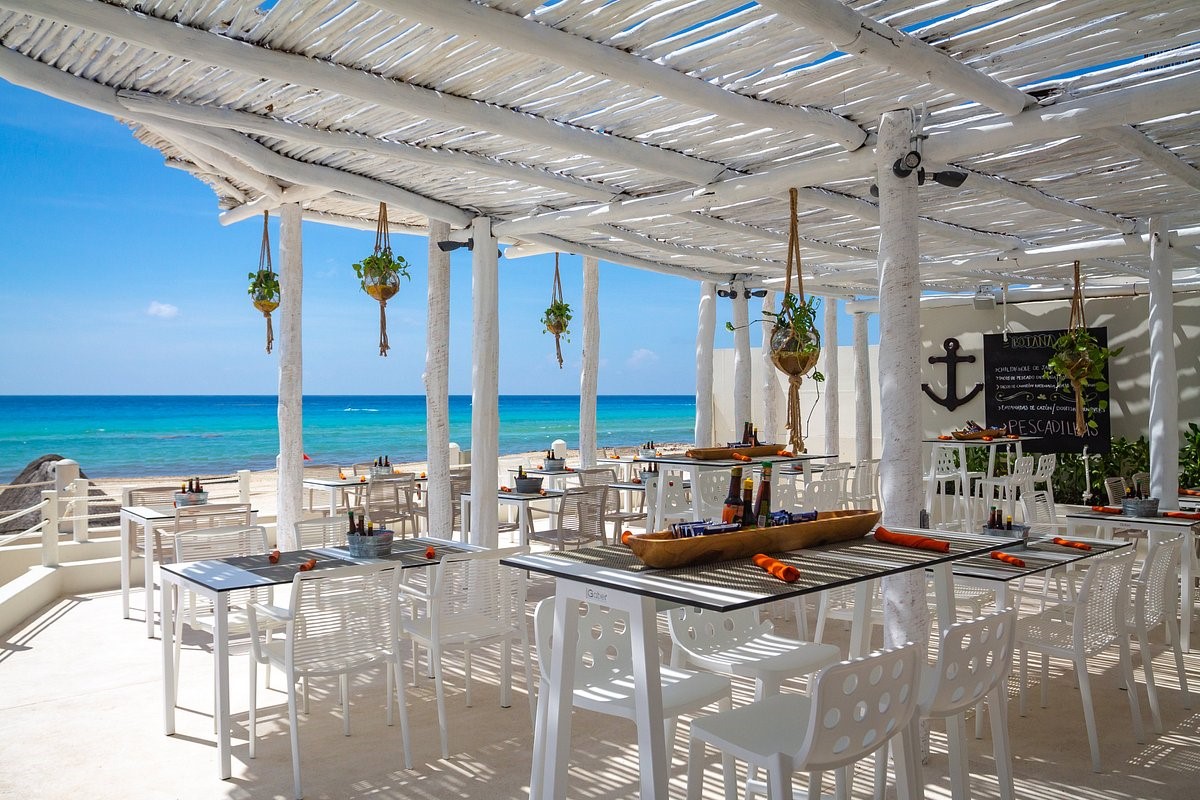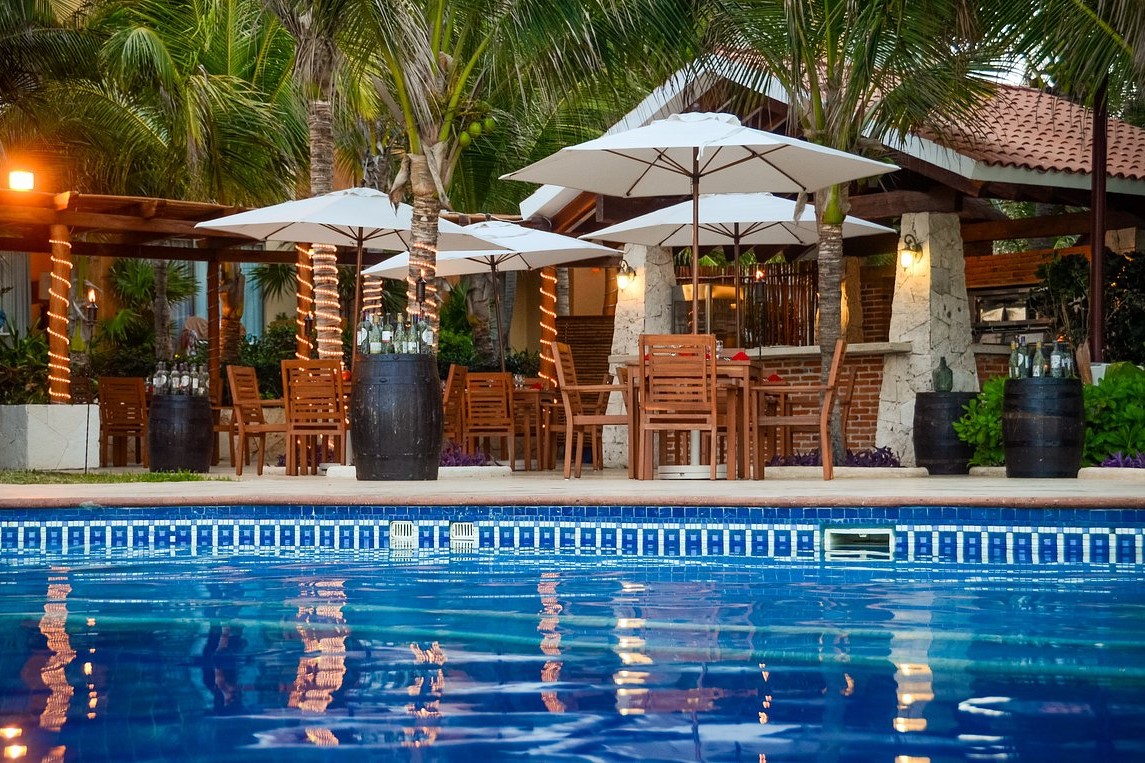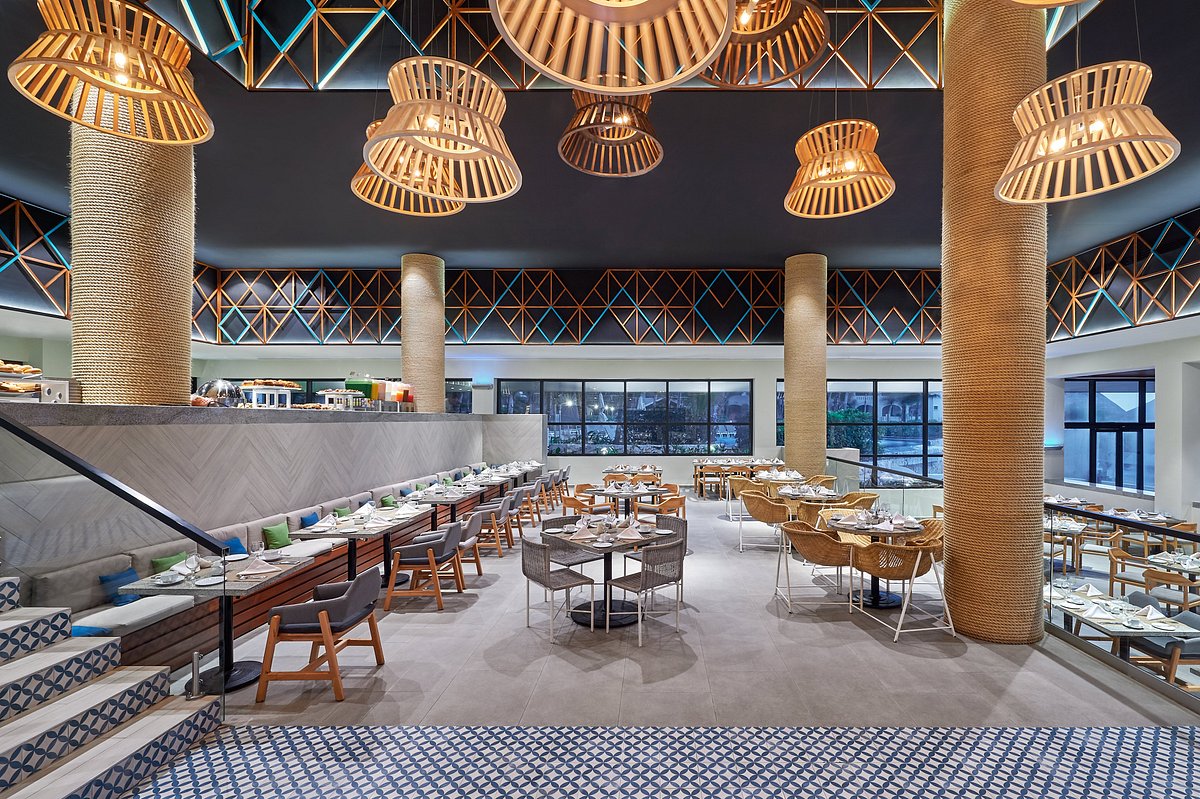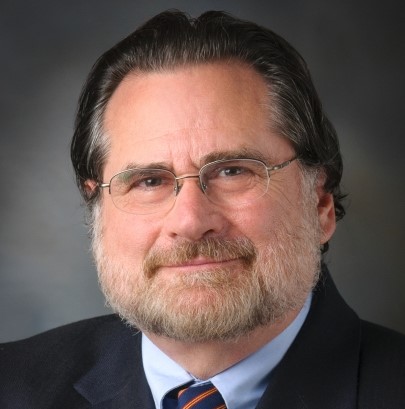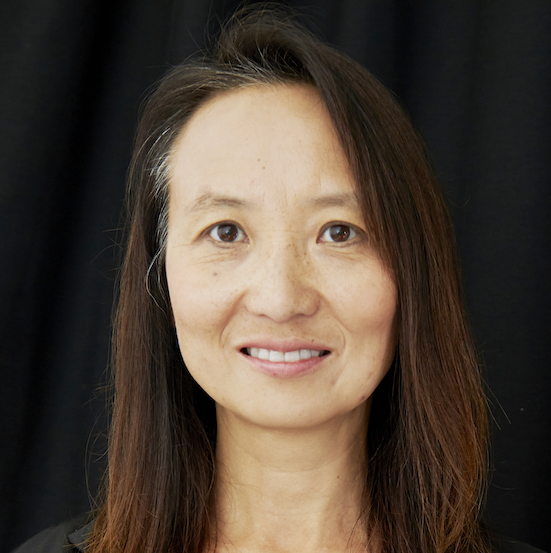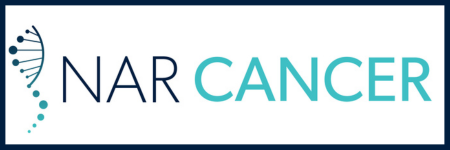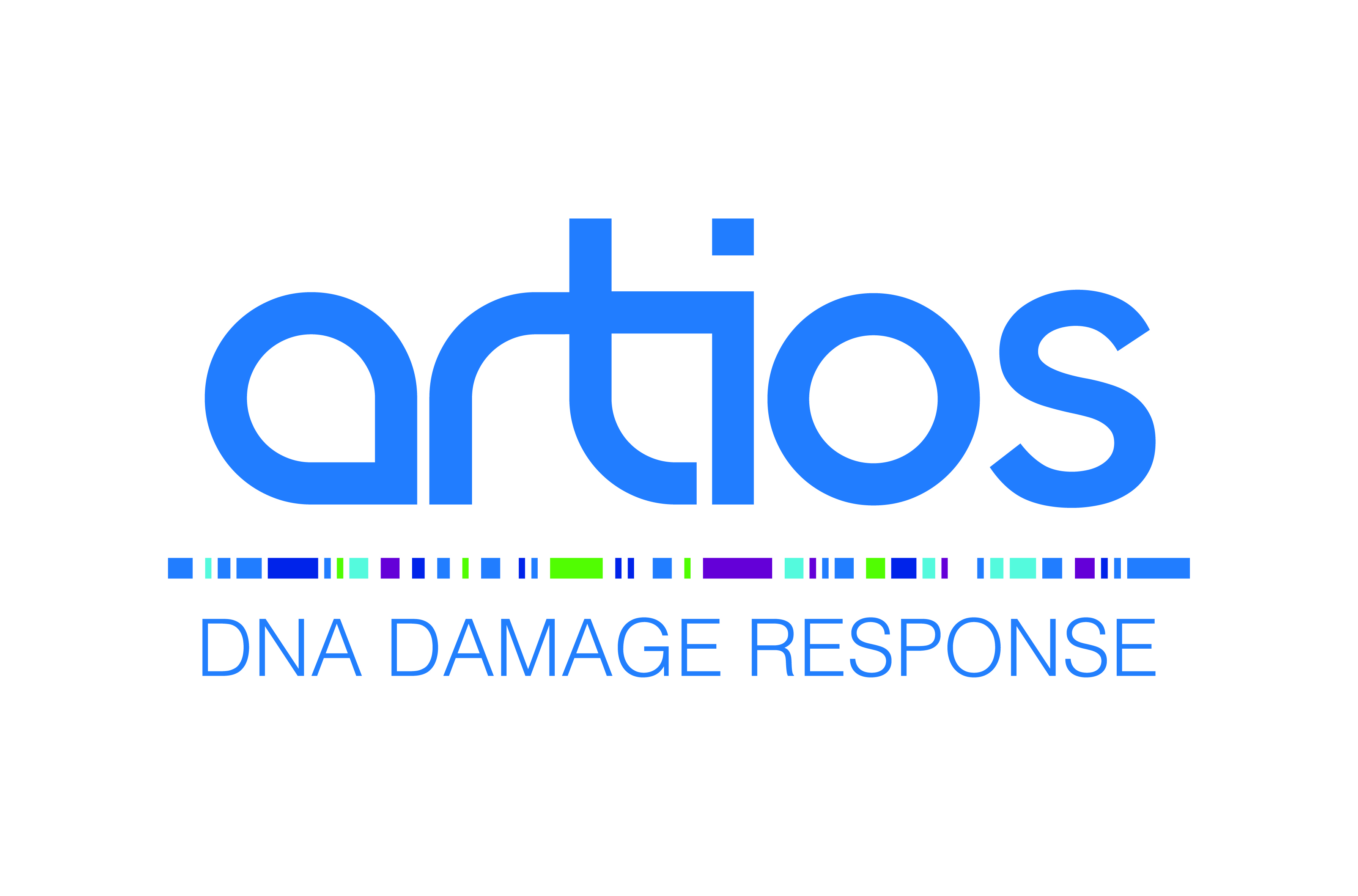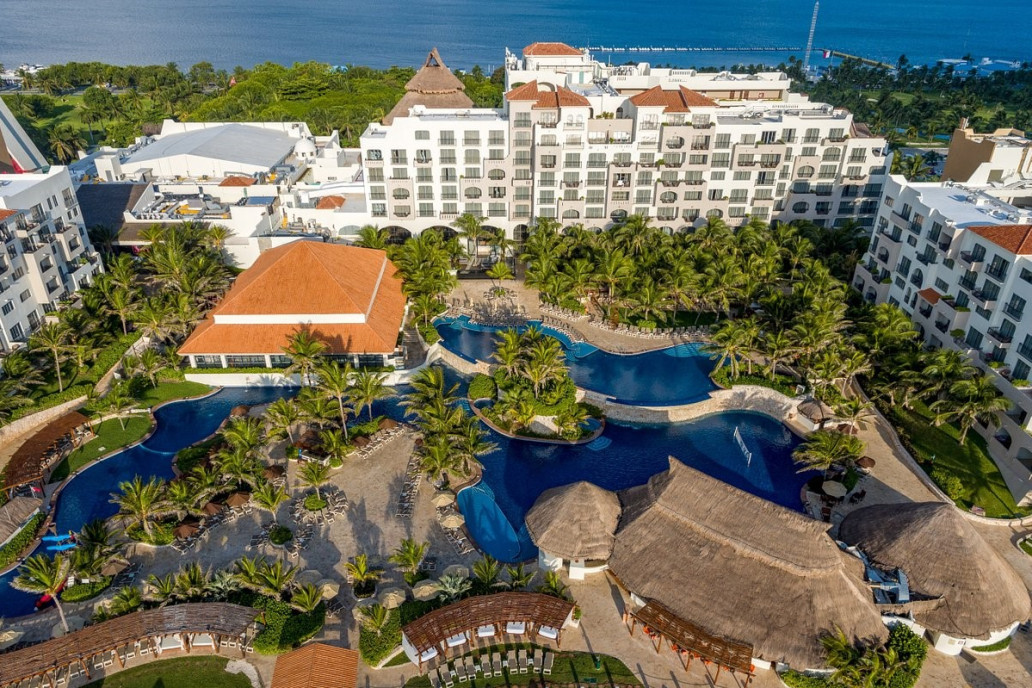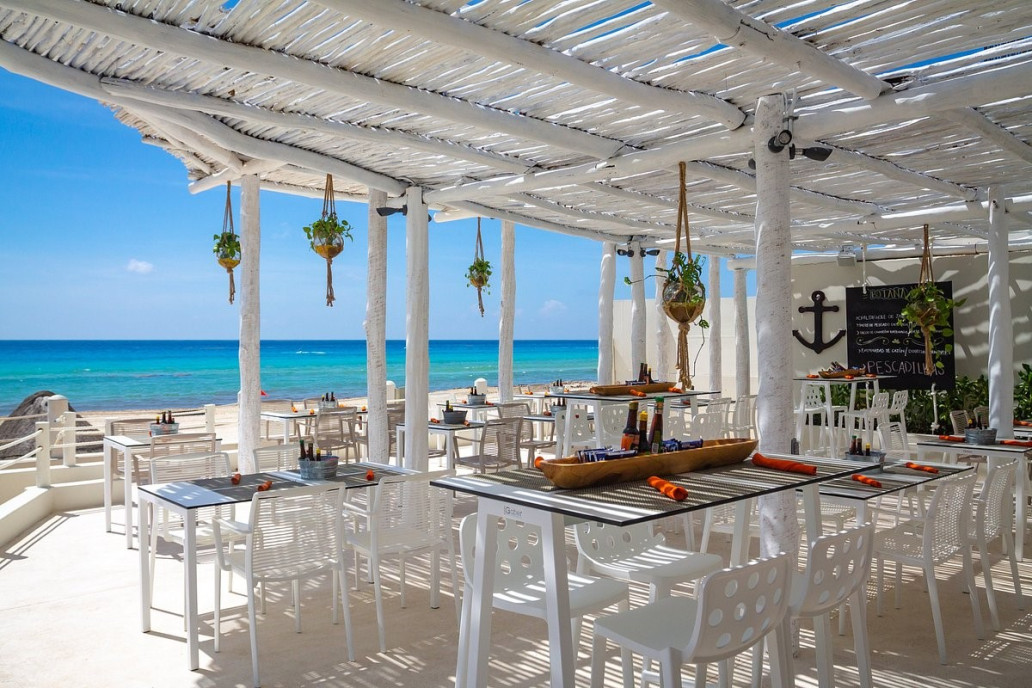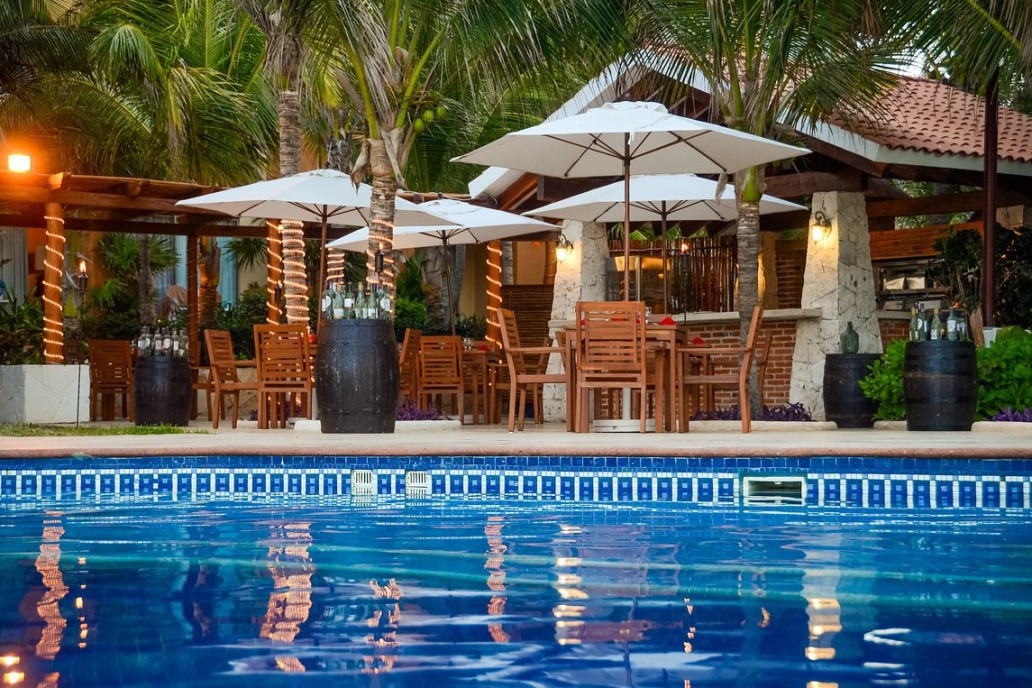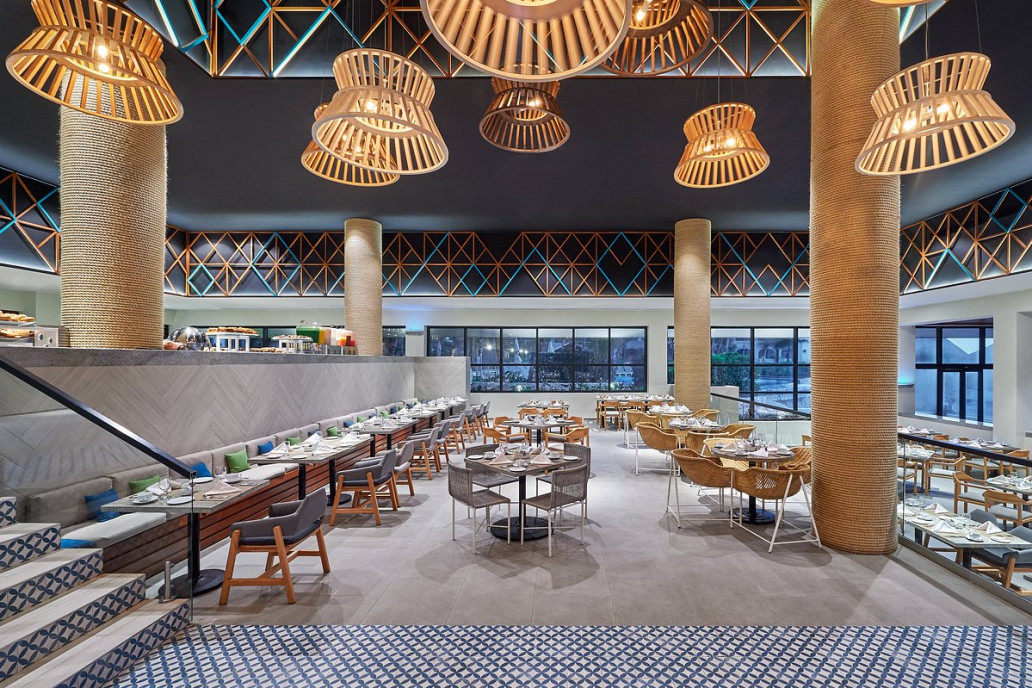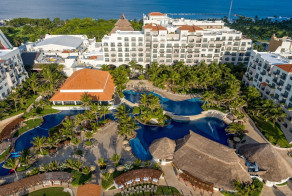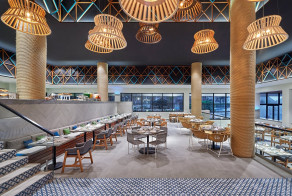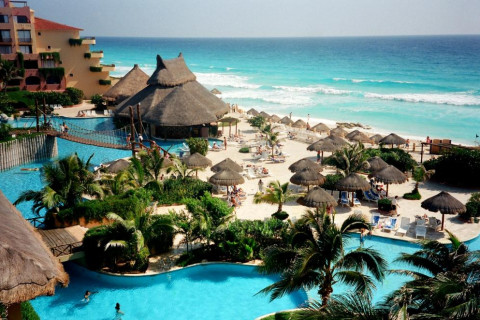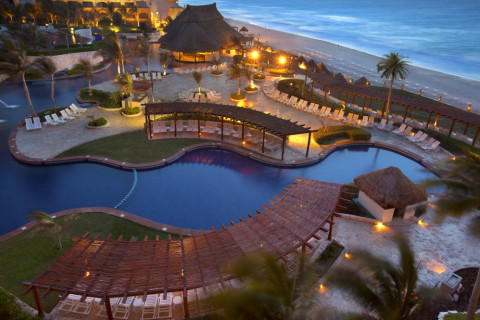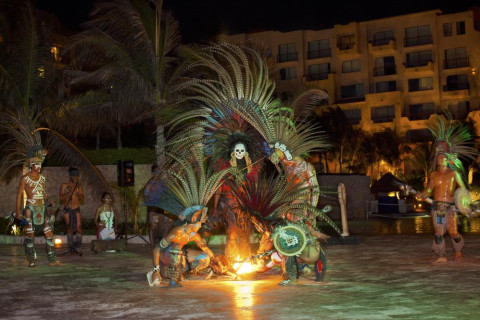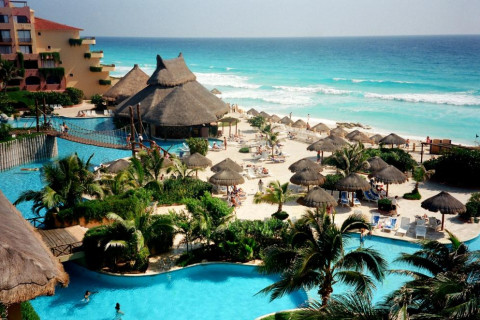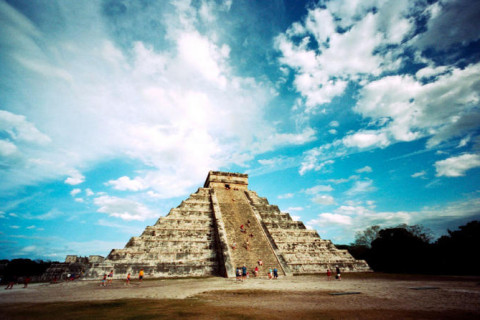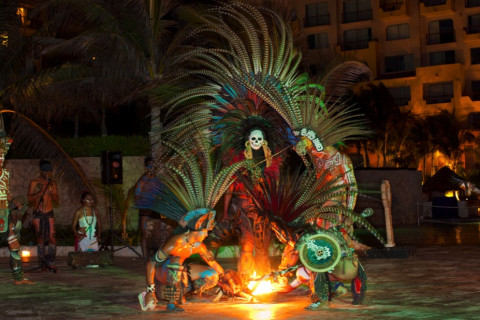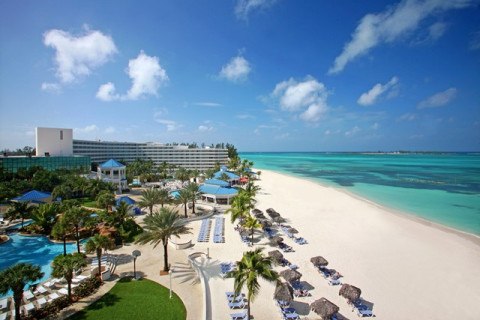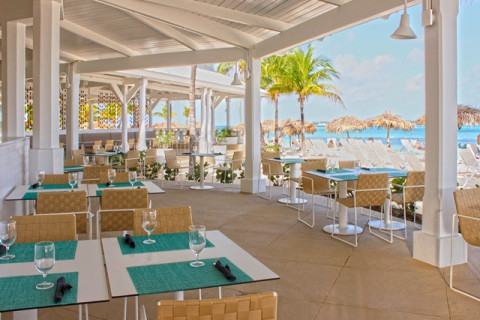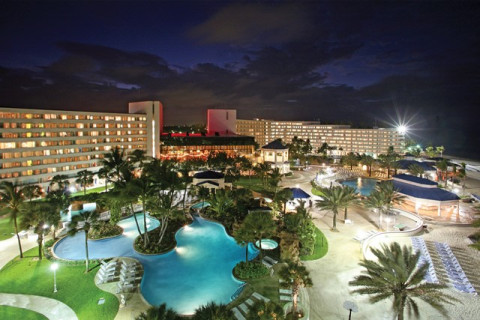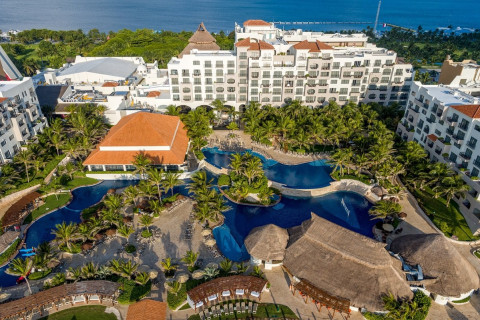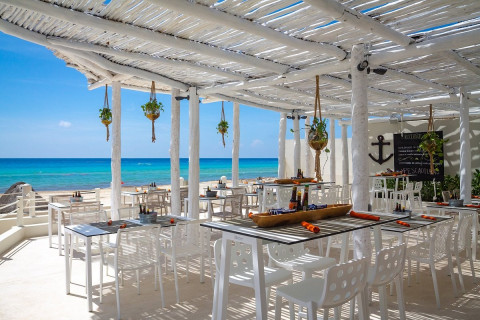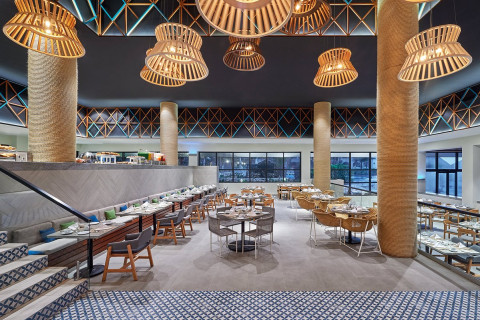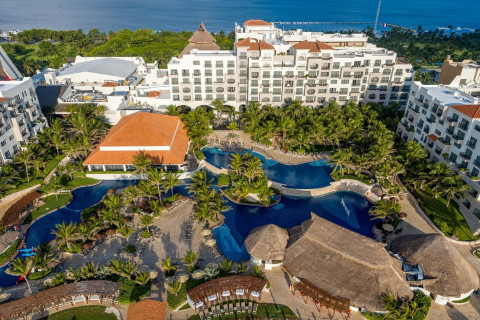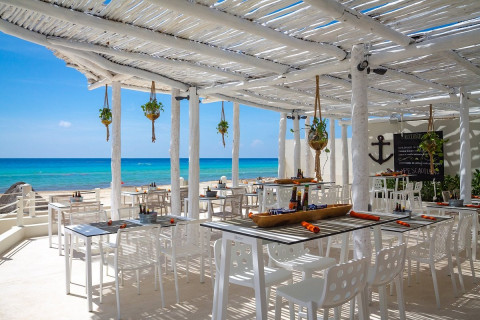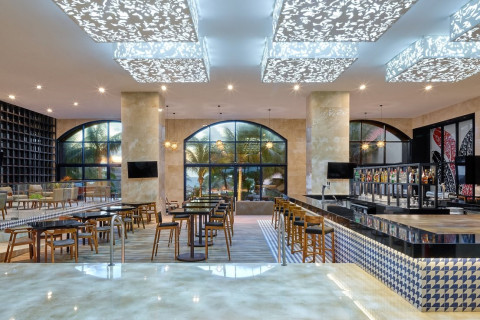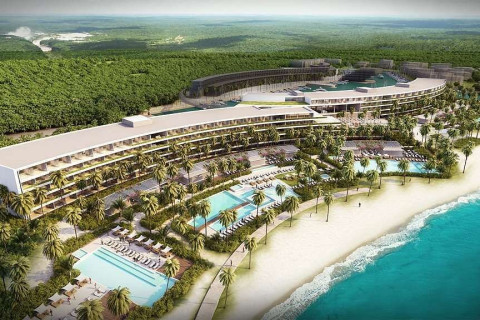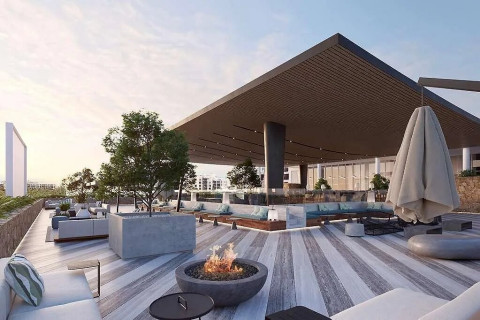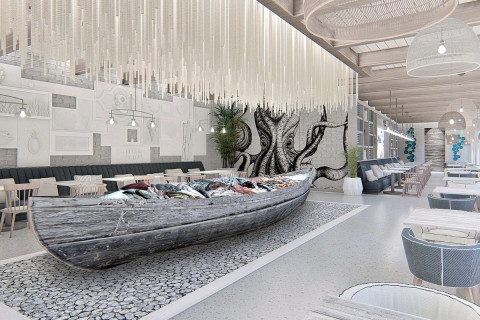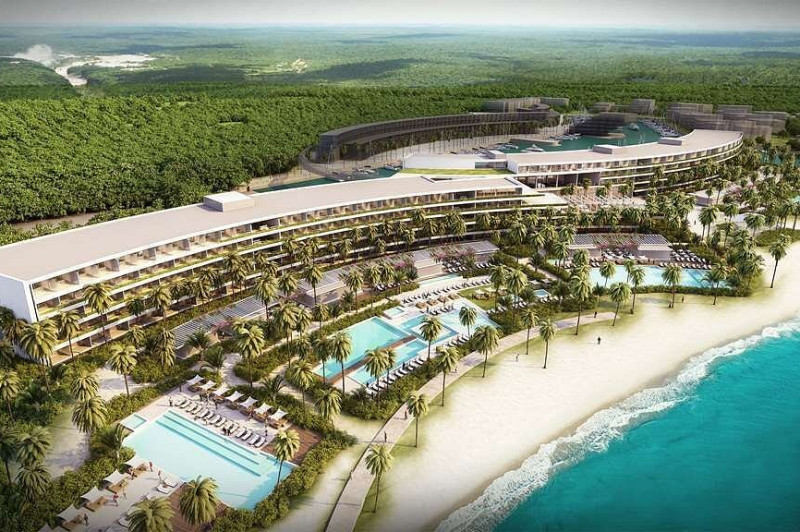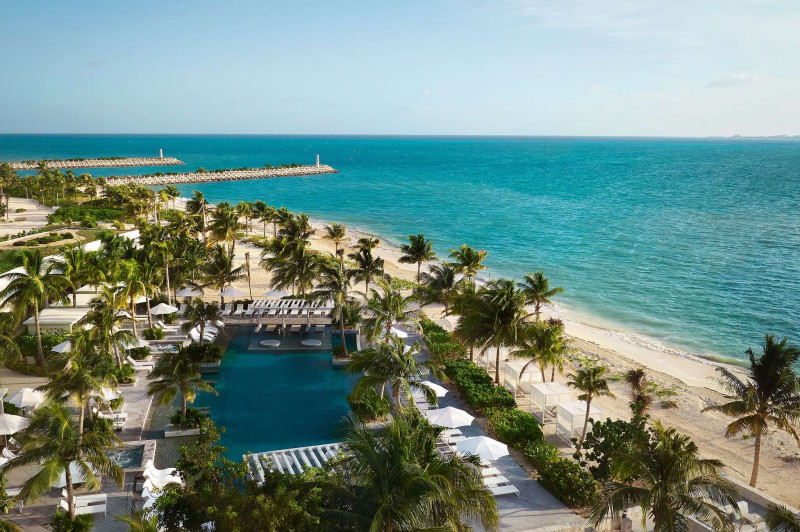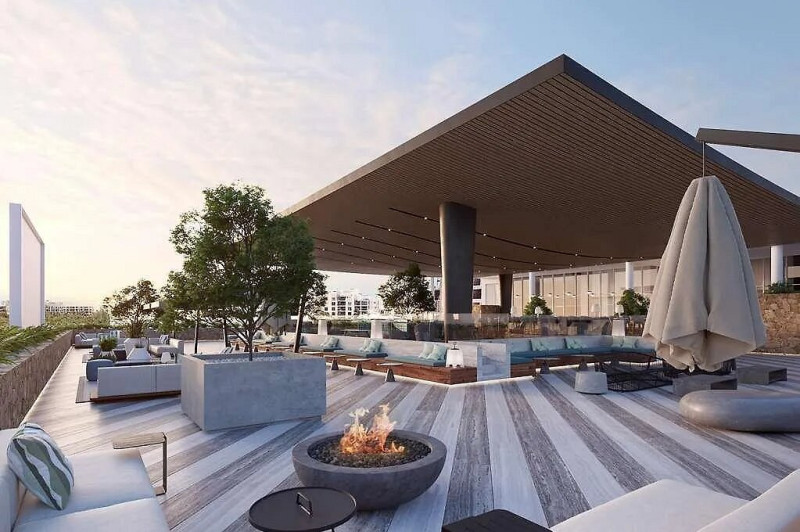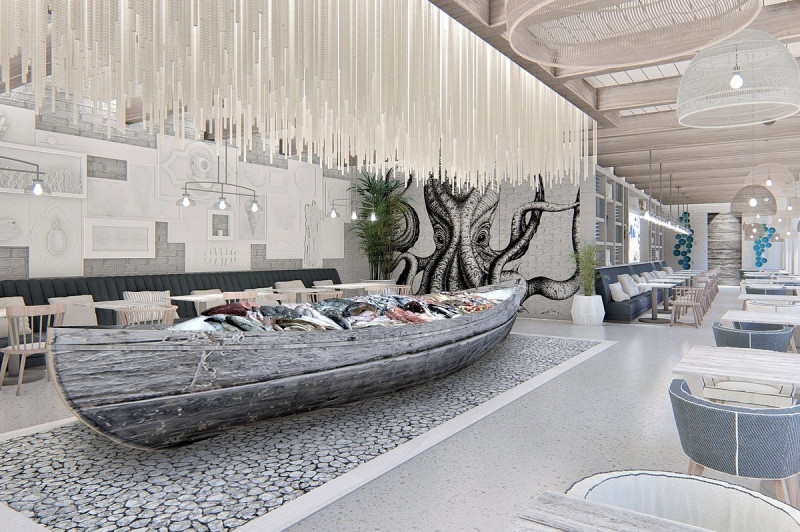- Home
- Past Conferences
- 5th DNA Repair/Replication Structures & Cancer Conference
5th DNA Repair/Replication Structures & Cancer Conference
#DRRSC22
27 Apr - 01 May 2022
Cancun, Mexico
Early Bird - Expired • Talk Submission - Expired • Poster Submission - Expired • Registration & Payment Deadline - Expired
Synopsis
Future master keys to cancer biology and advanced therapies are being forged from mechanistic understanding of the intertwined roles of DNA repair with DNA replication stress, transcription and immune responses. The remarkable stability of the human genome is lost in cancer cells due to the failure of efficient and accurate DNA repair in the context of oncogene-induced replication stress and elevated transcription. In fact, DNA repair complexes are frequently found at the convergence of multiple processes critical for cancer development, making their elucidation of fundamental biological and medical importance. Moreover, the synthetic lethality and essentiality resulting from repair-replication stresses suggest strategies and tactics for advanced therapeutics that target Achilles heels for cancer. Furthermore, epigenetics, non-coding RNA, phase condensates and microbiome are emerging as increasingly important players/processes in cancer biology and cancer progression, and as potential therapeutic targets.
The 5th DNA Repair/Replication Structures & Cancer conference in May 2022 will focus on structural and mechanistic insights into dynamic complexes acting in DNA repair and its interface with replication, transcription and other cancer-relevant transactions. This fundamental information will be pivotal for the accurate interpretation of cancer clinical data, design of clinical trials, prognosis, etiology and improving the currently 1/20 low success rate for oncology drug clinical trials. Informative talks and poster sessions along with vibrant discussions will foster productive interactions, collaborations, and insights.
To advance understanding, all presenters are asked to focus on unpublished work, cutting-edge approaches and mechanistic insights that aid prediction of biological outcomes and plans to best apply basic research advances for cancer research and treatment. To include late-breaking advances and innovating new investigators, multiple talks will be selected from submitted abstracts. As meeting attendance is limited to ensure effective discussions and interactions, delegates are strongly encouraged to submit applications and abstracts early to avoid disappointment.
What makes this meeting unique? Professor Ben Van Houten from the University of Pittsburgh says:
‘I can honestly say your meeting, by combining hard core structure-function studies with beautiful biology, hits an important area that many meetings miss; being part of that science is just terrific.’
Key Sessions
Sessions will include emerging results and breakthrough methodologies on core topics including:
- Repair and replication complexes, structures and mechanisms
- Epigenetics and non-coding RNA
- Mutational signatures, DNA repair, and cancer
- Intertwined repair interactions with transcription and replication stress
- Posttranslational modifications, phase condensates, and repair
- Links to microbiome, inflammation and immune responses
- Targeting synthetic lethality and essentiality for damage responses
Therapeutics Session
This year we are super excited to include a session dedicated to DDR-based cancer therapeutics, highlighting a number of new DDR agents that have recently entered the clinic, alongside more established DDR inhibitors, the use of DDR-based technology that has potential translational science utility both in the lab and the clinic, as well as an overview of the opportunities and challenges associated with developing new DDR-based medicines for cancer patients.
We are joined by the following incredible speakers:
Mark O'Connor, Chief Scientist Oncology R&D, AstraZeneca
Discussing next generation PARP inhibitors.
Helen Robinson, VP of Biology, Artios
Discussing the discovery and development of polymerase theta inhibitors.
Magda Kordon, CEO & Co-Founder, intoDNA
Discussing how DNA STRIDE technology is being used to advance DDR inhibitor drug discovery and development.
Timothy Yap, Medical Director, Institute for Applied Cancer Science, MD Anderson Cancer Center
Discussing what it means to test DDR inhibitors in the clinic.
Student Offer
Take advantage of this fantastic opportunity for students and postdocs! Fully paying academics can bring one student or postdoc for only $900. Both registration packages include accommodation for the 27th, 28th, 29th and 30th April 2022 (on a shared basis for students/postdocs) and a food and beverage package for the conference period. Once registered, please contact Laura Trundle to obtain a special registration link for your student or postdoc.
Confirmed Plenary Speakers
Rising Star Plenary: Yuan He (Northwestern University)
STRUCTURAL BASIS OF DNA DOUBLE-STRAND BREAK REPAIR BY NHEJ
Steve Kowalczykowski (University of California, Davis)
CONTROL AND MECHANISM OF DNA RESECTION
Titia Sixma (Netherlands Cancer Institute)
INITIATION OF DNA MISMATCH REPAIR
Confirmed Invited Speakers
Ivan Ahel (University of Oxford)
ADP-RIBOSYLATION SIGNALLING IN REGULATION OF DNA DAMAGE RESPONSE
Aura Carreira (CBMSO)
INSIGHTS ON BRCA2 FUNCTIONAL DOMAINS FROM BREAST CANCER VARIANTS
Walter Chazin (Vanderbilt University)
EXPLORING NER MISSENSE MUTATIONS AND SENSITIVITY TO PT AGENTS
Junjie Chen (MD Anderson Cancer Center)
TARGETING DNA DAMAGE RESPONSIVE PATHWAYS FOR CANCER THERAPY
Patrick Cramer (Max Planck Institute for Biophysical Chemistry)
STRUCTURAL STUDIES OF EUKARYOTIC TRANSCRIPTION-COUPLED DNA REPAIR
Sylvie Doublie (University of Vermont)
PROBING THE STRUCTURE AND FUNCTION OF POLYMERASE THETA HELICASE-LIKE DOMAIN
Angela Eggleston (Nature)
THE IMPACT OF cryoEM ON OUR UNDERSTANDING OF DNA REPAIR
Dorothy Erie (University of North Carolina at Chapel Hill)
SINGLE-MOLECULE STUDIES OF DNA REPAIR ENZYMES
Yuan He (Northwestern University)
STRUCTURAL BASIS OF DNA DOUBLE-STRAND BREAK REPAIR BY NHEJ
Karl-Peter Hopfner (Ludwig-Maximilians-University Munich)
MECHANISM OF DNA DOUBLE-STRAND BREAK SENSING AND PROCESSING BY THE Mre11-Rad50 COMPLEX
Caroline Kisker (University of Würzburg)
HOW TO LIMIT THE SPEED OF A MOTOR - THE INTRICATE REGULATION OF THE XPB ATPase AND TRANSLOCASE IN TFIIH
Magda Kordon (intoDNA)
DETECTION OF DNA DAMAGE USING STRIDE TECHNOLOGY AS NEW PD BIOMARKER IN LIQUID BIOPSIES AND FFPE TISSUE SECTIONS
Carolyn Larabell (University of California, San Francisco)
LABEL-FREE IMAGING OF NUCLEAR ORGANIZATION WITH SOFT X-RAY TOMOGRAPHY
Susan Lees-Miller (University of Calgary)
STRUCTURAL INSIGHTS INTO NON-HOMOLOGOUS END-JOINING
Mark O'Connor (AstraZeneca)
DEVELOPING A NEXT-GENERATION PARP1-SELECTIVE INHIBITOR TO TREAT CANCER
John Pascal (University of Montreal)
POLY(ADP-ribose) POLYMERASE ENZYMES AS SENSORS OF DNA DAMAGE AND TARGETS FOR CANCER THERAPY
Helen Robinson (Artios)
DNA POLYMERASE THETA INHIBITION FOR CANCER THERAPY
Eli Rothenberg (NYU Langone Health)
MECHANISMS OF REPLICATION FORK REMODELING AND REPAIR VIA SINGLE-MOLECULE IMAGING
Katharina Schlacher (MD Anderson Cancer Center)
NUCLEAR AND MITOCHONDRIAL GENOME INSTABILITY IN DISEASE AND INFLAMMATION
Joann Sweasy (University of Arizona)
BASE EXCISION REPAIR AND HUMAN DISEASE
Ben Van Houten (UPMC Hillman Cancer Center)
THE ROLE OF UV-DDB IN BASE EXCISION REPAIR: FROM SINGLE MOLECULES TO CELLS
Steve West (Francis Crick Institute)
STRUCTURE-FUNCTION STUDIES OF THE TUMOUR SUPPRESSOR COMPLEX RAD51B-RAD51C-RAD51D-XRCC2
Dale Wigley (Imperial College London)
MECHANISM AND REGULATION OF INO80-FAMILY REMODELLERS
Scott Williams (NIH)
MOLECULAR MECHANISMS OF DNA REPAIR FACTORS IMPACTED IN HERITABLE ATAXIA SYNDROMES
Wei Yang (NIH)
THE INS AND OUTS OF V(D)J RECOMBINATION
Timothy Yap (MD Anderson Cancer Center)
DEVELOPMENT OF NOVEL THERAPEUTIC STRATEGIES TO TARGET THE DNA DAMAGE RESPONSE IN THE CLINIC
Shan Zha (Columbia University Medical Center)
THE FUNCTIONAL IMPACTS OF KU C-terminal DOMAINS IN NON-HOMOLOGOUS END-JOINING AND BEYOND
Xiaolan Zhao (Memorial Sloan Kettering Cancer Center)
INTEGRATIVE ANALYSIS REVEALS UNIQUE STRUCTURAL AND FUNCTIONAL FEATURES OF THE Smc5/6 COMPLEX
Target Audience
Academic and industrial researchers (including established and junior principal investigators, postdoctoral fellows and PhD students) interested in DNA damage responses and cancer including their intersection with replication, transcription, epigenetics, non-coding RNA, posttranslational modifications, cancer biology, and cancer drug discovery. The focus will be the molecular mechanisms of and interfaces controlling damage responses and cancer biology.
Educational Need
This conference will bring together scientists working at the forefront of DNA repair, replication, transcription, epigenetics, non-coding RNA, post-translational modification including PARylation, and cancer biology. Presentations will consider diverse cutting-edge methodologies and integrated approaches to investigate the structures and mechanisms of dynamic protein, chromatin, DNA and RNA complexes. The conference will showcase breakthrough advances and new developments in these areas. It will furthermore provide opportunities for industry and academia to consider and exchange their latest results in this exciting, rapidly advancing arena. The inter-disciplinary nature of the presented work will create strong synergies among participants and outstanding opportunities for exchanging information and developing new collaborations. The cross-disciplinary interactions will be invaluable training for young scientists to work in these and other emerging areas of science.
4th DRRSC Photos

Confirmed Speakers
Chairs
Plenary Speakers
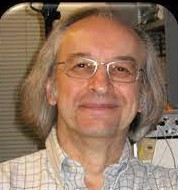
Steve Kowalczykowski
Professor, University of California, Davis
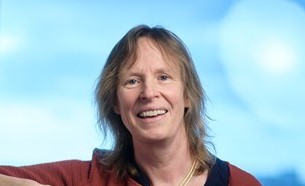
Titia Sixma
Group leader, Netherlands Cancer Institute
Invited Speakers
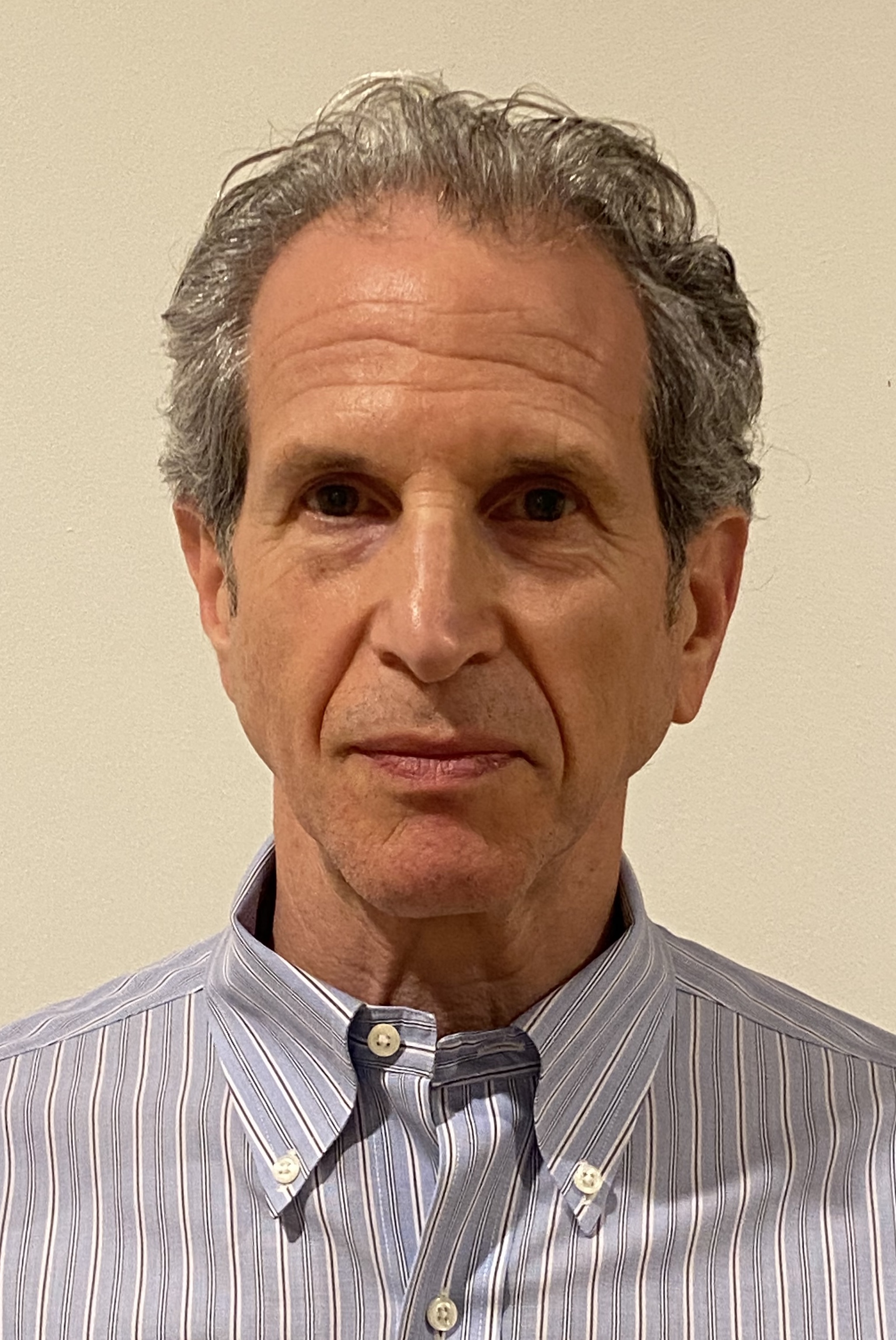
Walter Chazin
Professor and Senior Associate Dean; Founding Director, Center for Structural Biology, Vanderbilt University
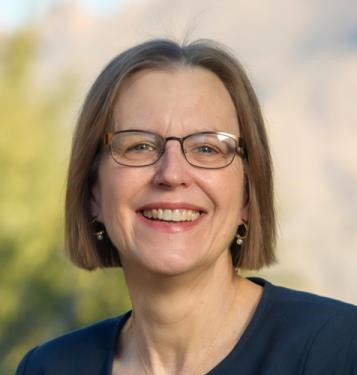
Joann Sweasy
Professor, University of Arizona
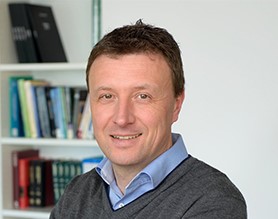
Patrick Cramer
Director, Max Planck Institute for Biophysical Chemistry
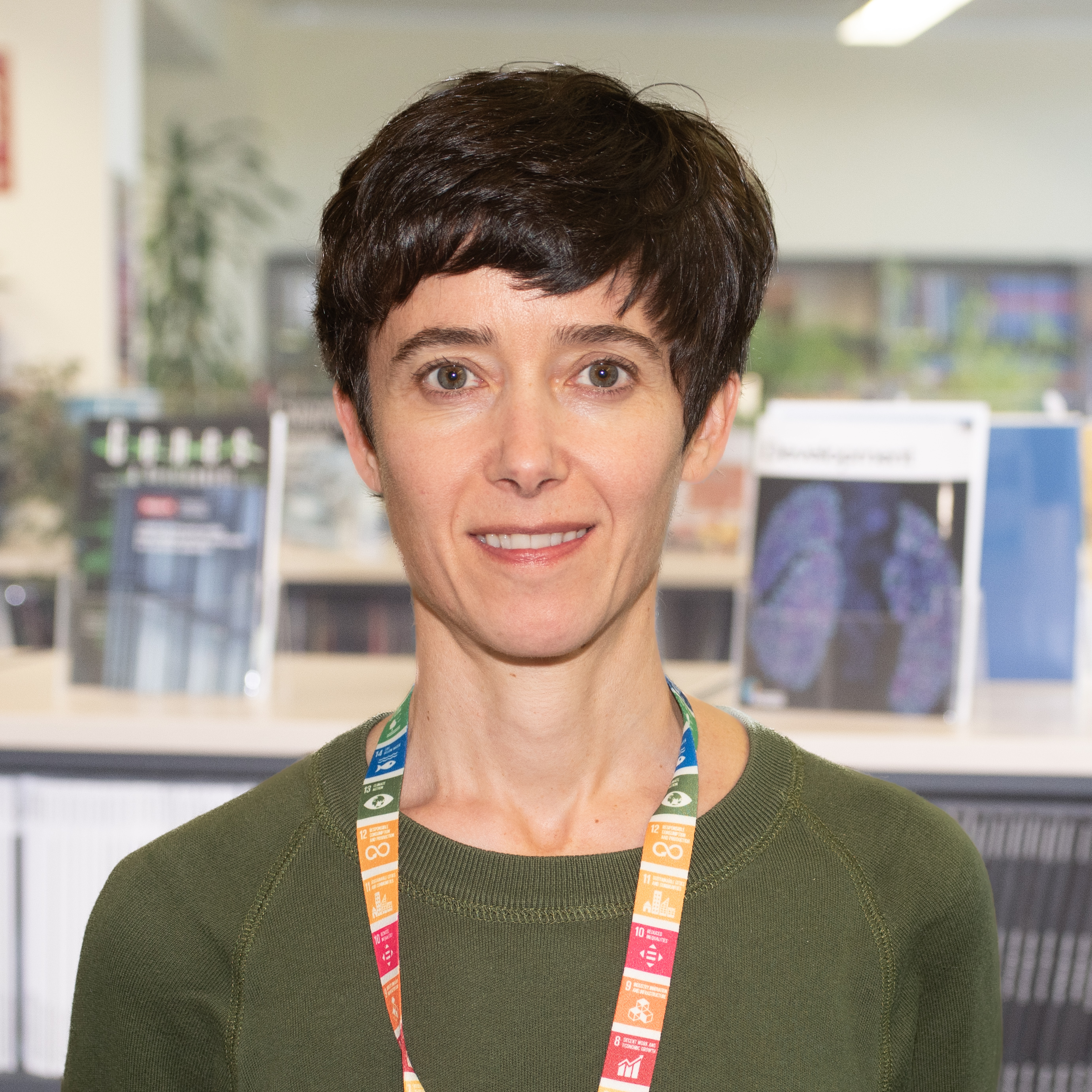
Aura Carreira
Group leader, Centro de Biologia Molecular Severo Ochoa (CBM)
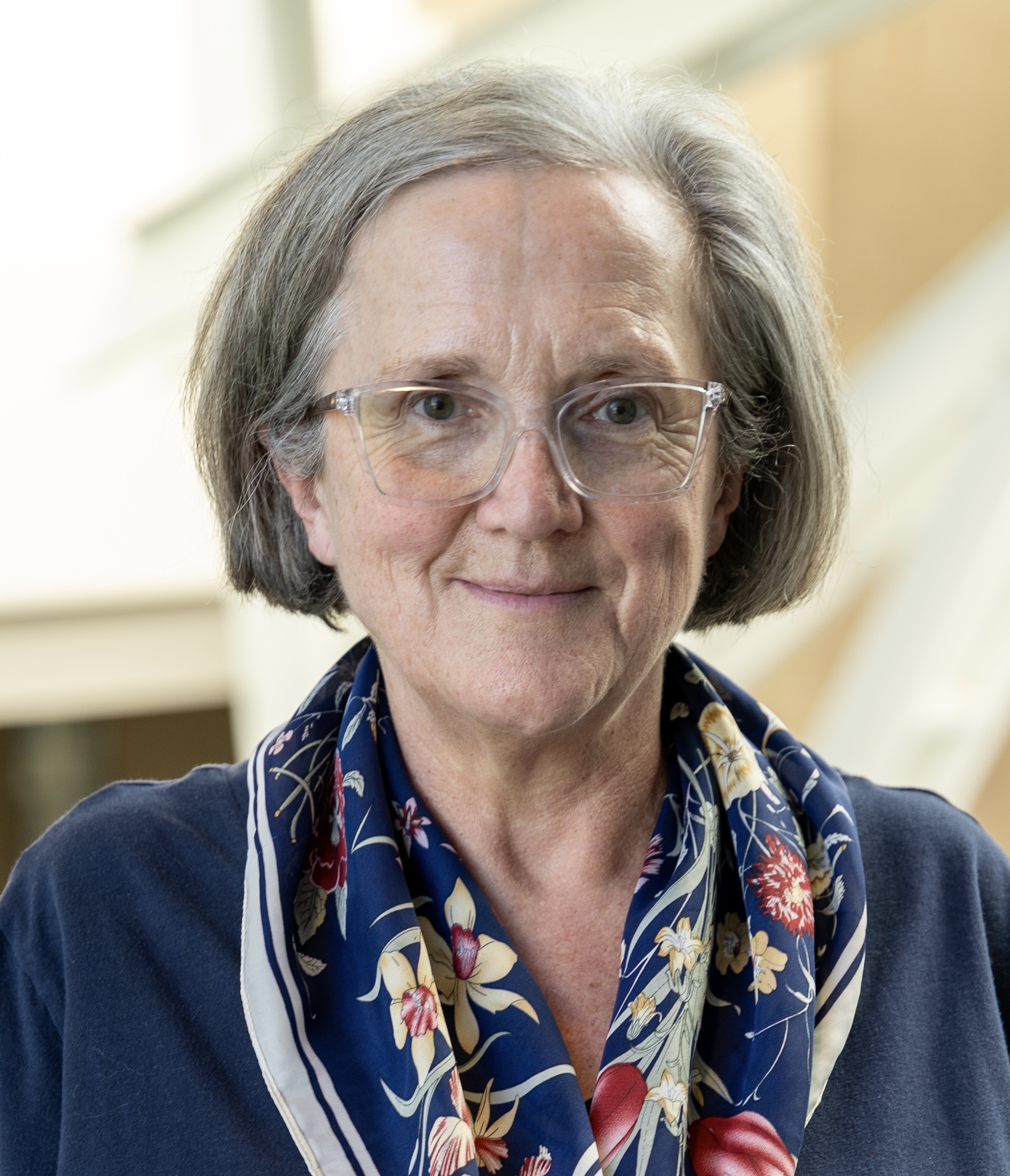
Susan Lees-Miller
Professor, University of Calgary
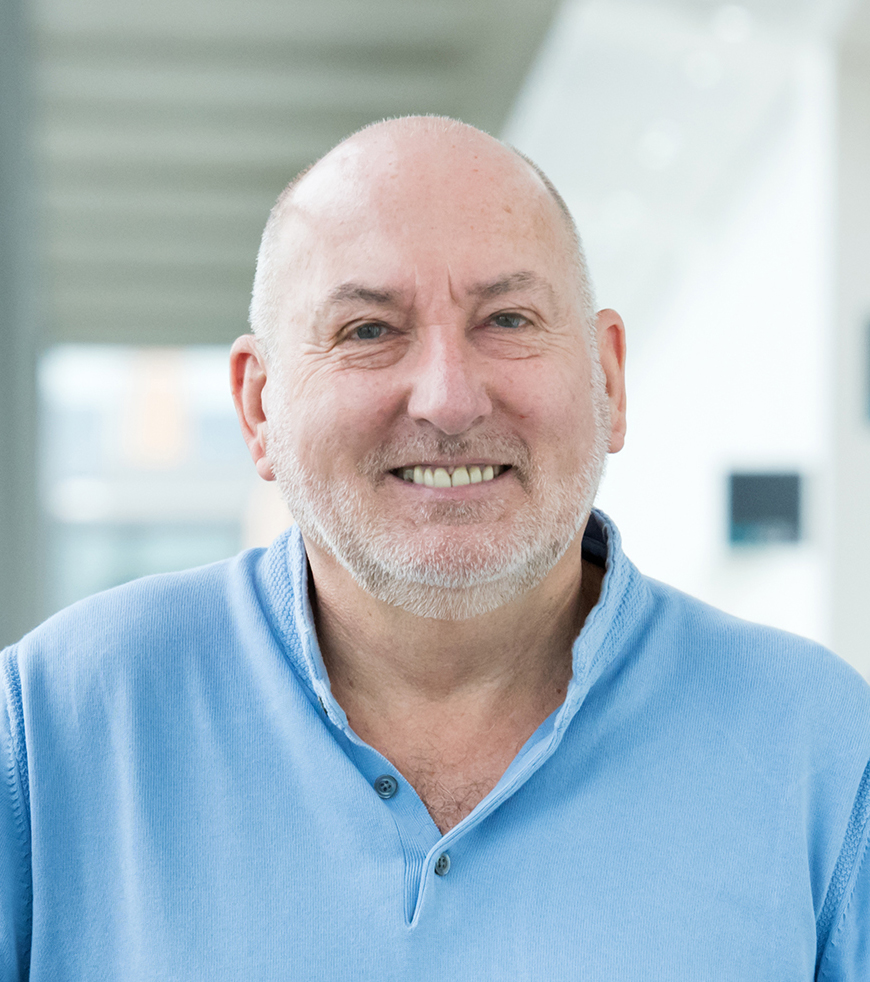
Steve West
Principal Group Leader, Francis Crick Institute
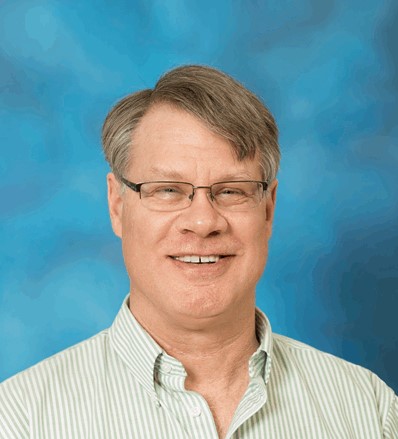
Ben Van Houten
Richard M. Cyert Professor of Molecular Oncology, UPMC Hillman Cancer Center
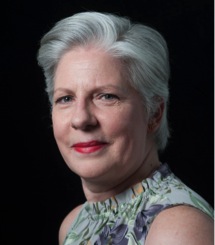
Angela Eggleston
Team Manager and Senior Editor, Nature
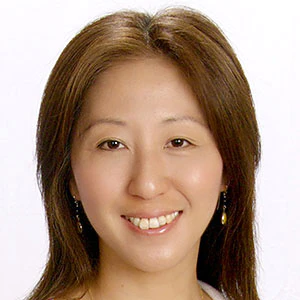
Wei Yang
Section Chief, National Institutes of Health
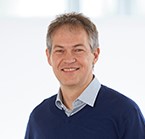
Karl-Peter Hopfner
Professor, Gene Center
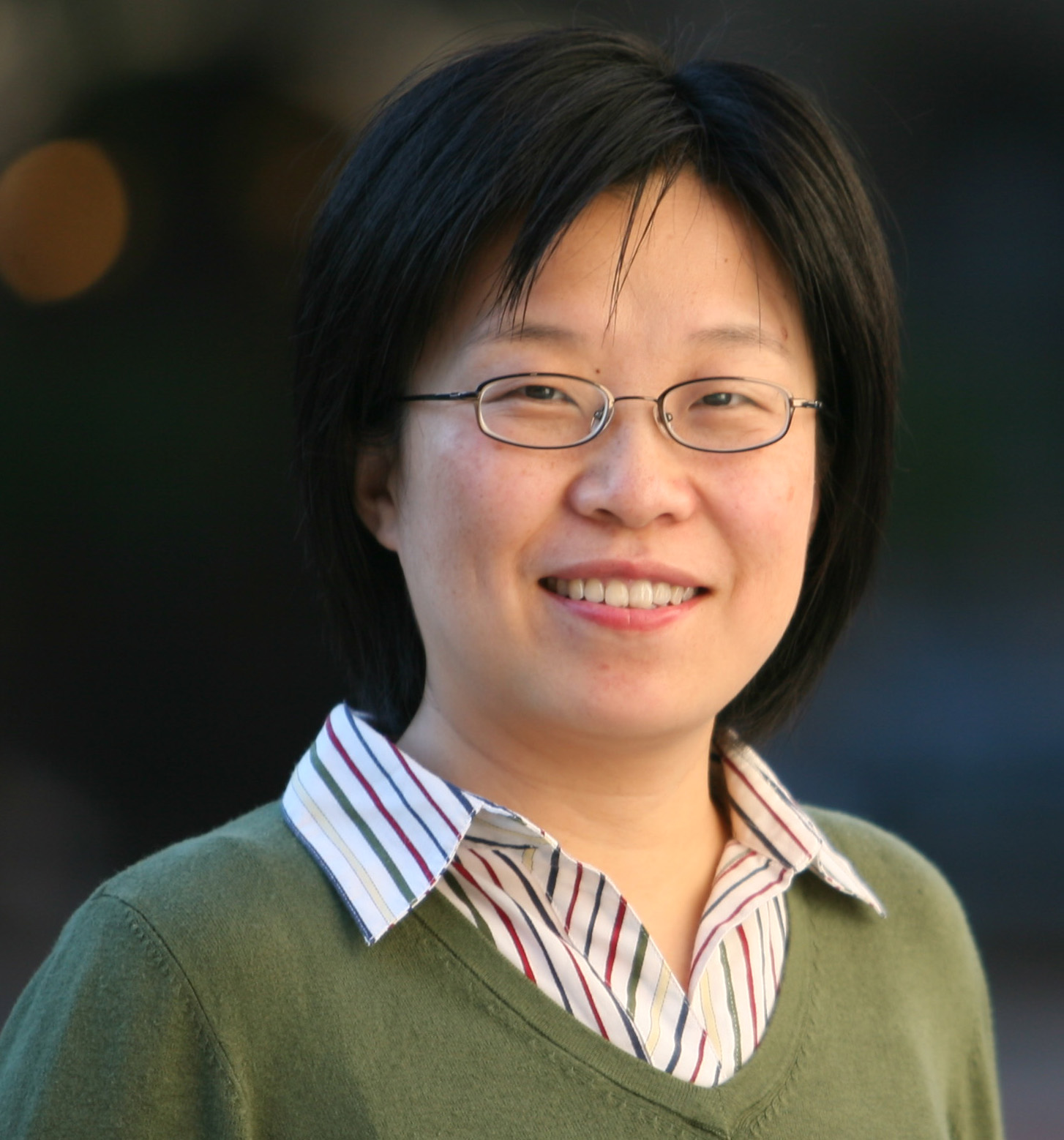
Xiaolan Zhao
Professor, Memorial Sloan-Kettering Cancer Center
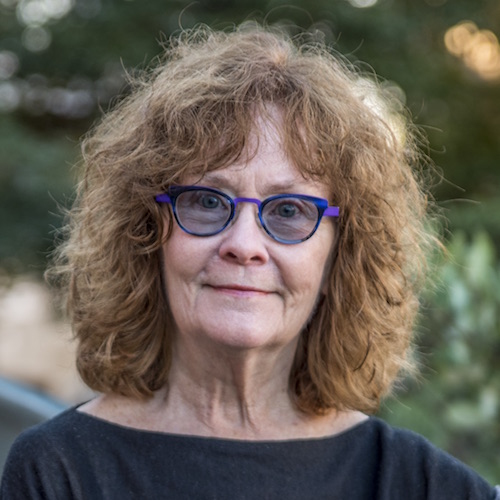
Carolyn Larabell
Professor, University of California, San Francisco
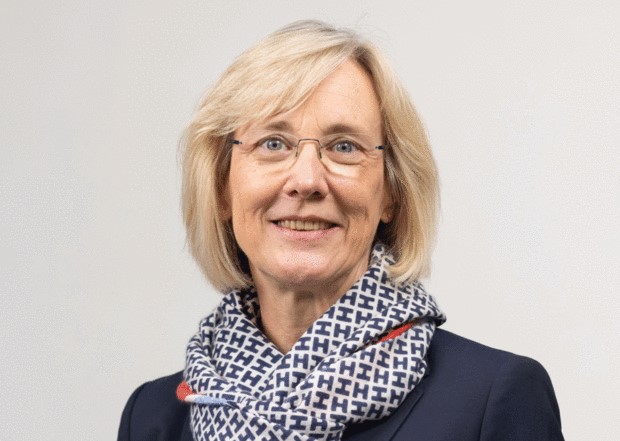
Caroline Kisker
Professor, University of Wuerzburg
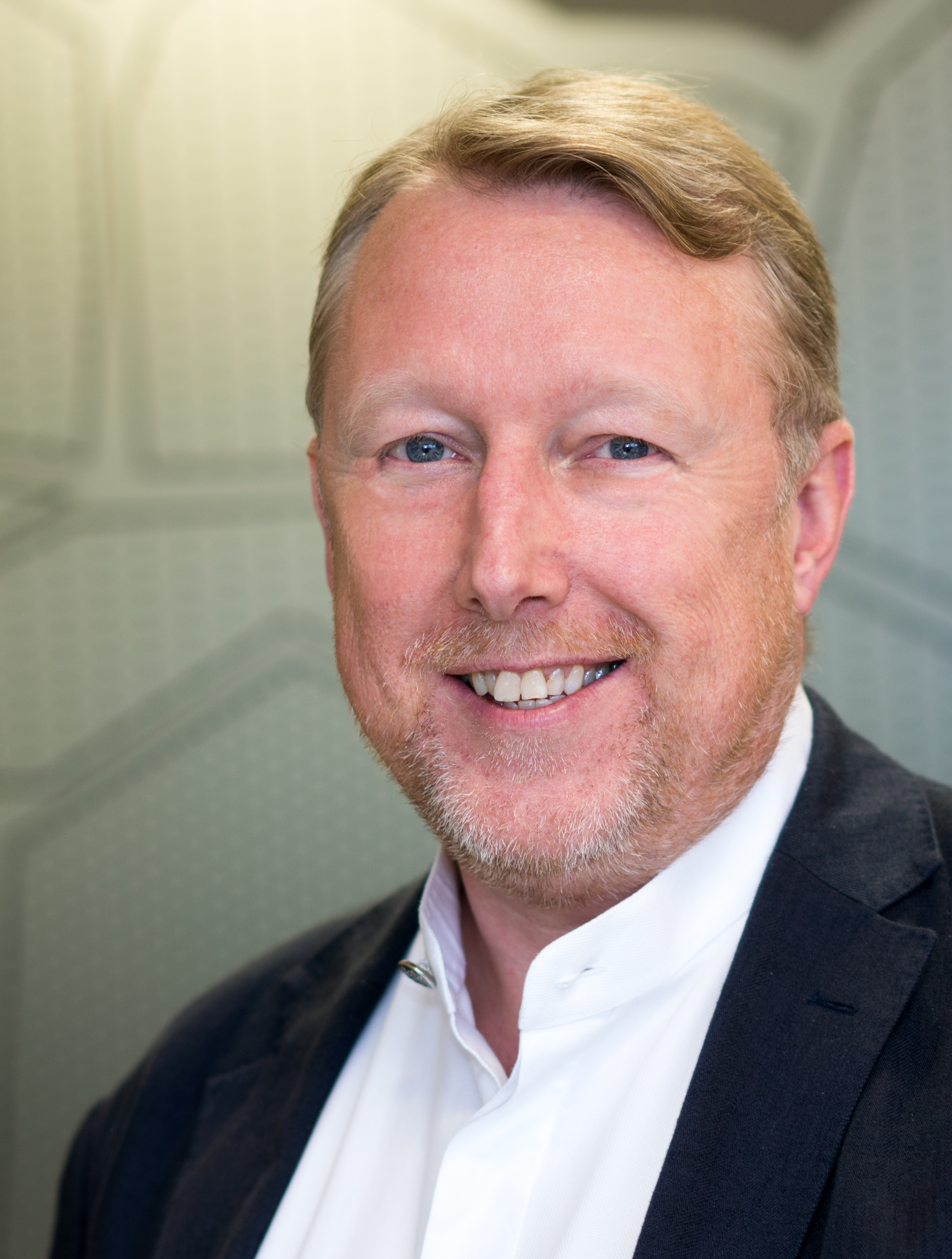
Mark O'Connor
Chief Scientist, AstraZeneca
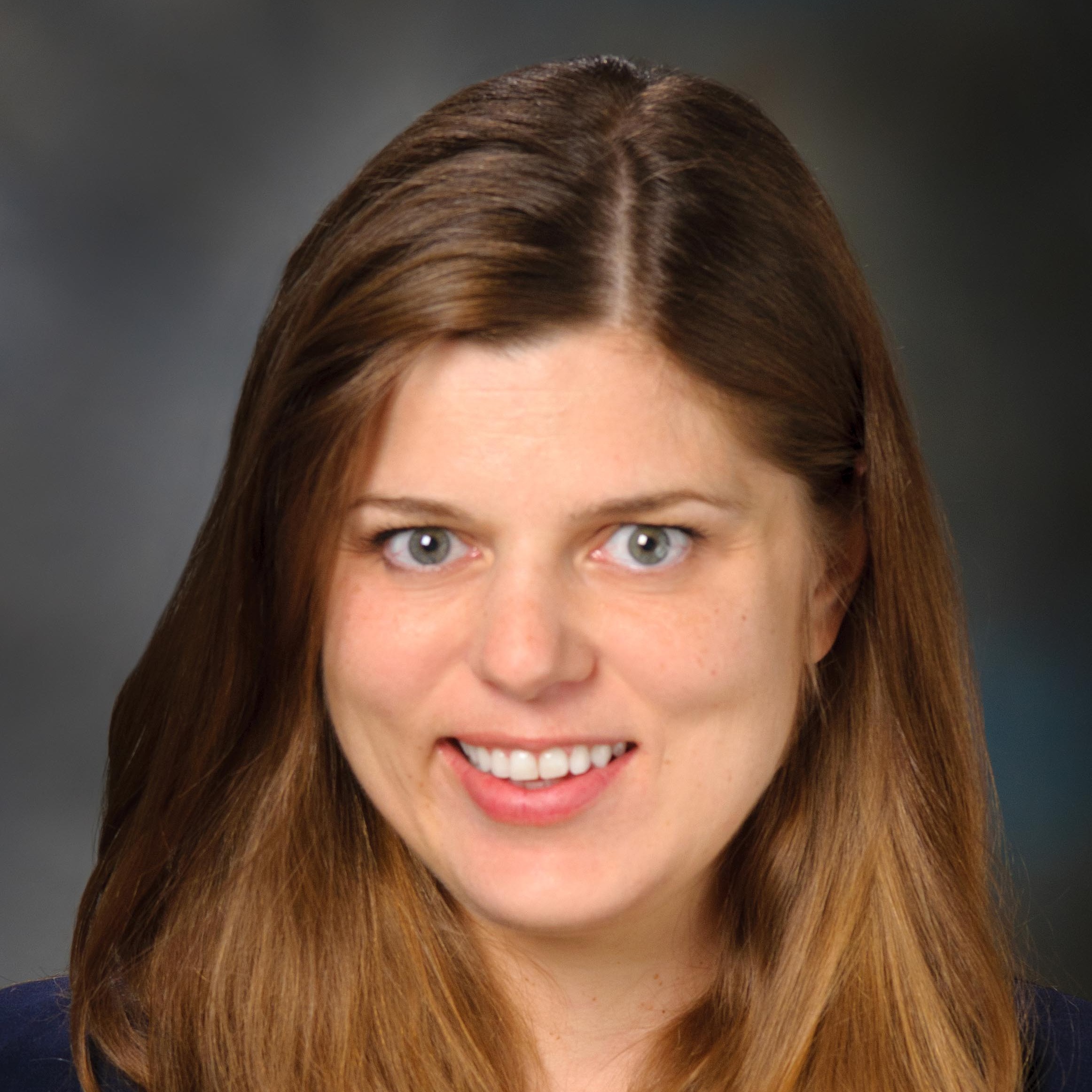
Katharina Schlacher
Associate Professor, MD Anderson Cancer Center
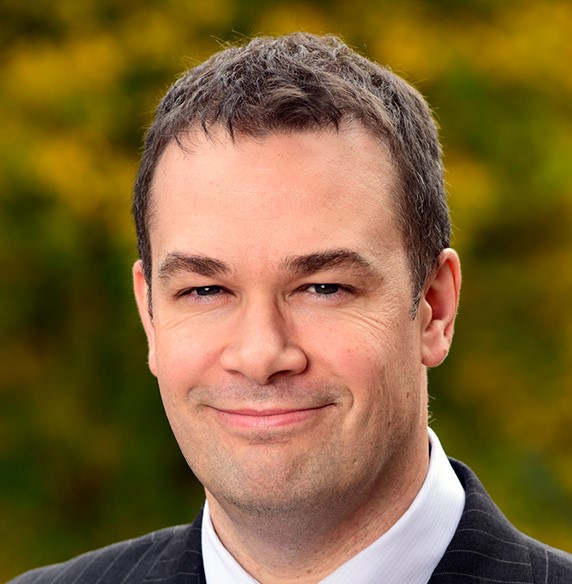
Scott Williams
Principal Investigator, NIH/NIEHS
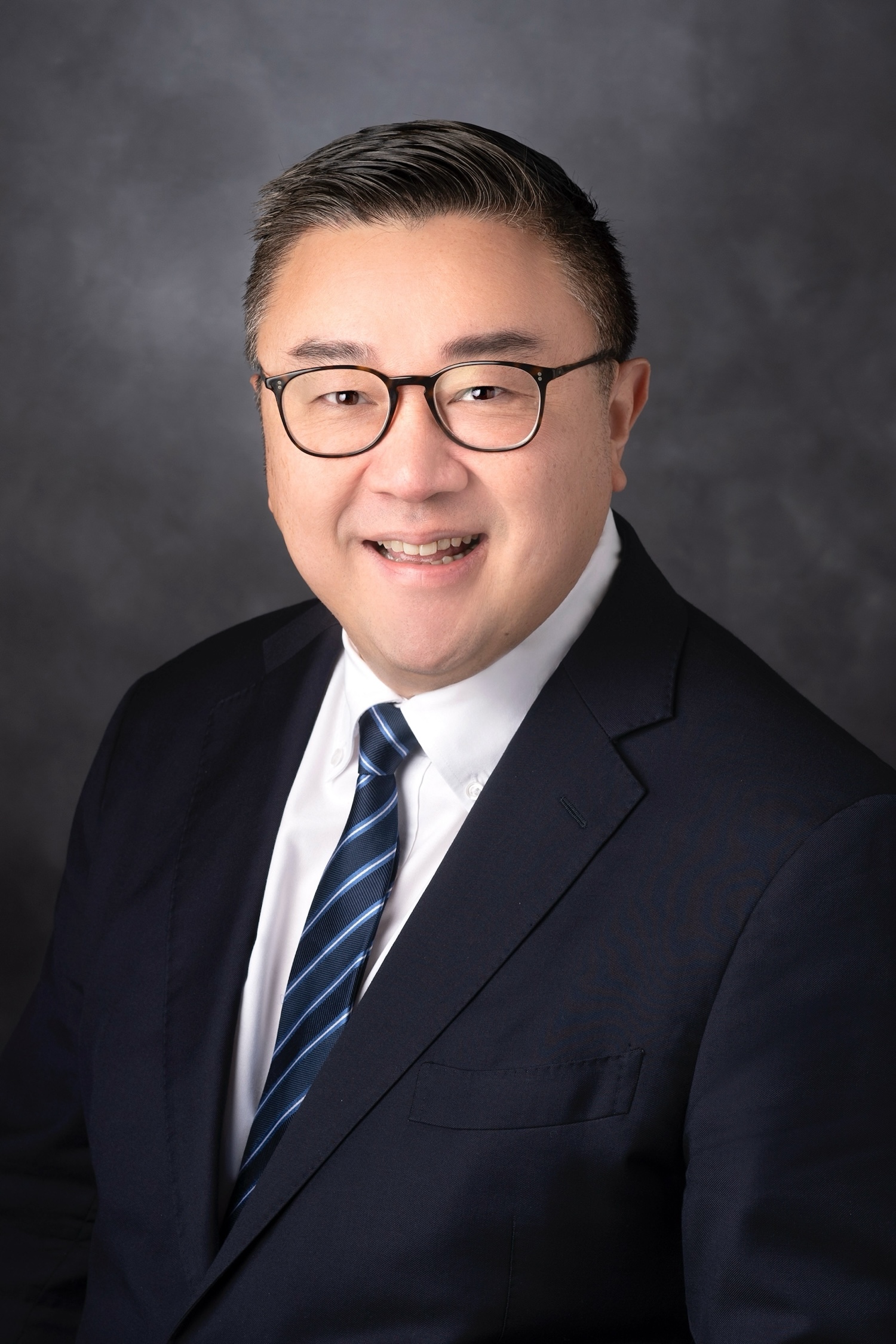
Timothy Yap
Professor, MD Anderson Cancer Center
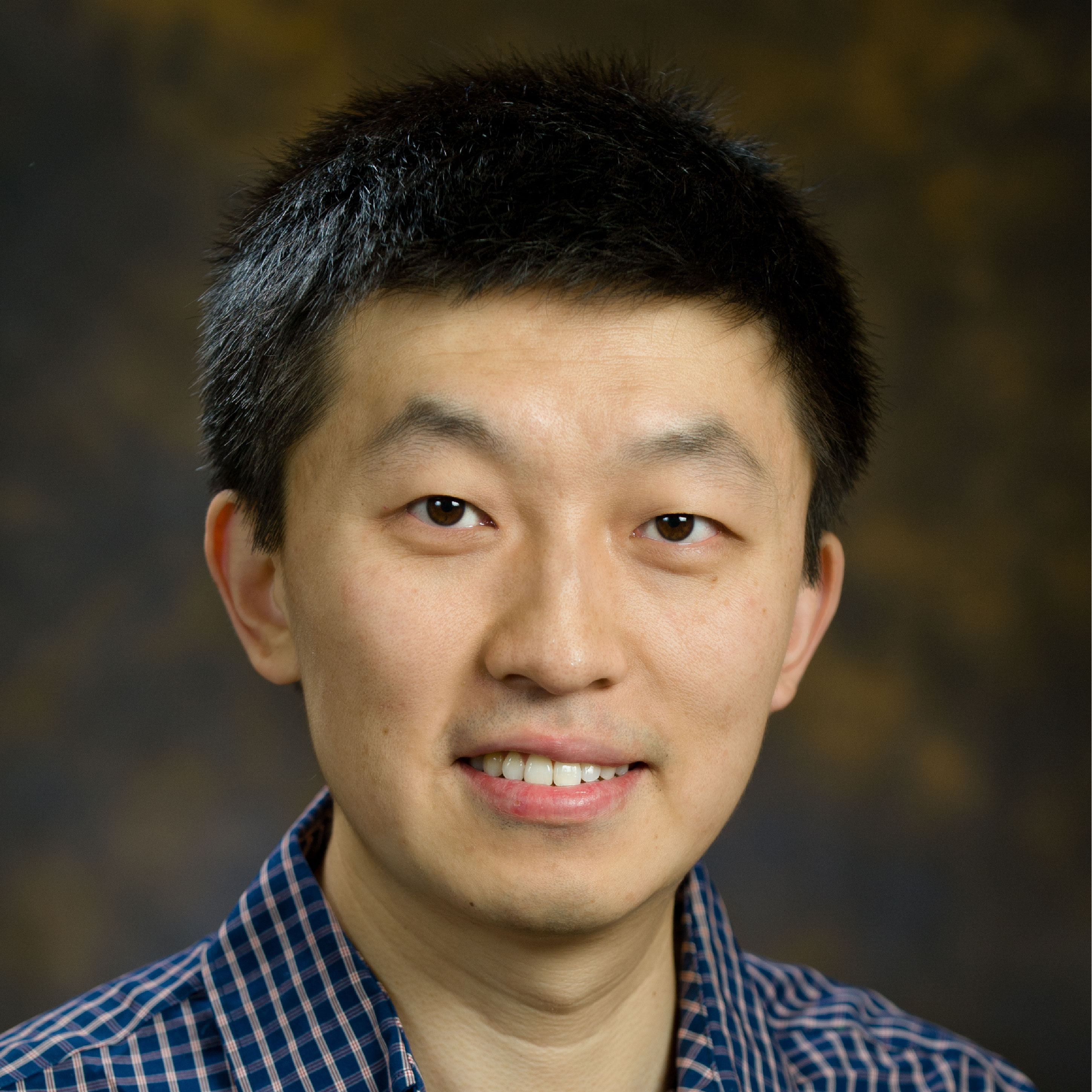
Yuan He
Professor, Johns Hopkins Unviersity
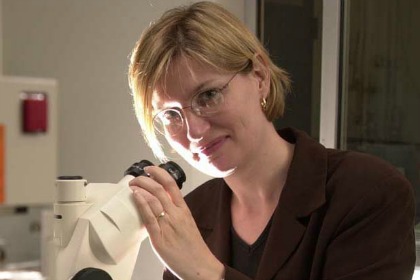
Sylvie Doublié
Professor, University of Vermont
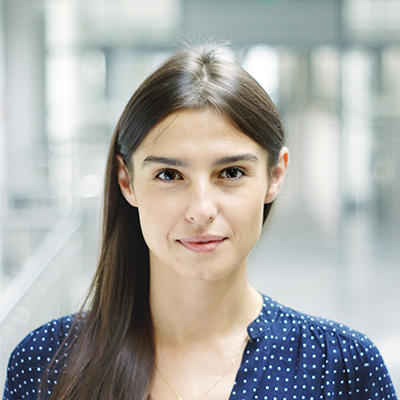
Magda Kordon-Kiszala
CEO, intoDNA S.A.
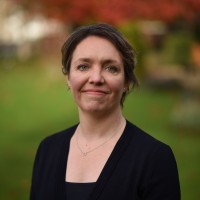
Helen Robinson
VP of Biology, Artios Pharma
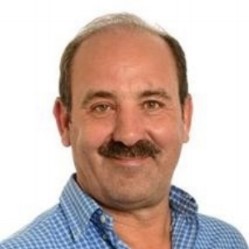
Dale Wigley
Professor, Imperial College London

Eli Rothenberg
Professor, New York University School of Medicine
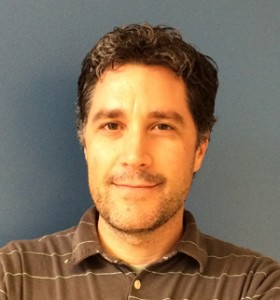
John Pascal
Professor, Université de Montréal
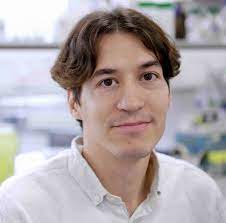
Ivan Ahel
Professor of Chemical Pathology, University of Oxford
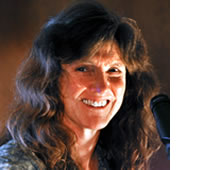
Dorothy Erie
Professor, University of North Carolina
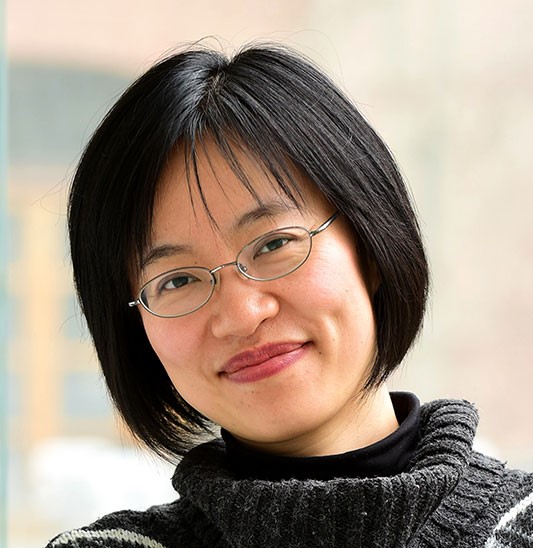
Shan Zha
Professor, Columbia University
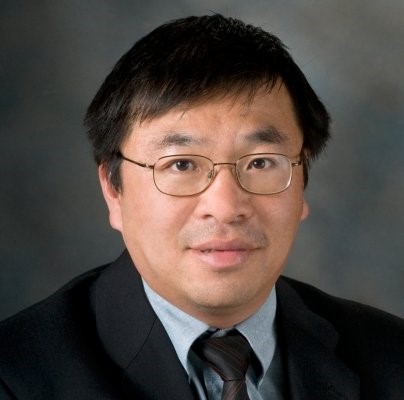
Junjie Chen
Professor and Chair, The University of Texas MD Anderson Cancer Center
Programme
Please note the programme is subject to change.
Discussion is valued: 5 minutes is saved for discussion following each talk.
*Selected from abstracts.
WEDNESDAY 27TH APRIL 2022 |
||
|
15:00 – 16:00 |
Student & Postdoc Networking Reception |
|
|
15:00 – 16:00 |
Registration & Refreshments |
|
|
16:00 – 16:15 |
Opening Comments by John Tainer & Xiaodong Zhang |
|
|
WEDNESDAY PM |
DSB repair – NHEJ machines and Cancer Biology |
|
|
16:15 – 16:20 |
Session Introduction by Jean-Baptiste Charbonnier |
|
|
16:20 – 16:40 |
Susan Lees-Miller |
STRUCTURAL INSIGHTS INTO NON-HOMOLOGOUS END-JOINING |
|
16:45 – 16:55 |
Shikang Liang * |
Cryo-EM OF NHEJ SUPERCOMPLEXES & INHIBITOR BINDING |
|
17:00 – 17:10 |
Katheryn Meek * |
EVIDENCE FOR SEPARATE FUNCTIONS FOR TWO DISTINCT NON-HOMOLOGOUS END-JOINING LONG-RANGE SYNAPTIC COMPLEXES |
|
17:15 - 17:25 |
Ben Stinson * |
HOW NON-HOMOLOGOUS END JOINING MINIMIZES ERRORS |
|
17:30 – 17:50 |
Meet the Poster Presenters I |
|
|
17:50 – 18:30 |
Refreshments |
|
|
18:30 – 18:50 |
Meet the Poster Presenters II |
|
|
18:50 – 19:10 |
Shan Zha |
THE FUNCTIONAL IMPACTS OF KU C-terminal DOMAINS IN NON-HOMOLOGOUS END-JOINING AND BEYOND |
|
19:15 – 19:45 |
Rising Star Plenary: Yuan He |
STRUCTURAL BASIS OF DNA DOUBLE-STRAND BREAK REPAIR BY NHEJ |
|
19:50 |
Group Dinner |
|
THURSDAY 28TH APRIL 2022 |
||
|
07:00 – 08:30 |
Breakfast at Leisure |
|
|
THURSDAY AM |
Replication and Repair Mechanisms |
|
|
08:30 – 08:35 |
Session Introduction by Steve West |
|
|
08:35 – 08:55 |
Steve West & Luke Greenhough |
STRUCTURE-FUNCTION STUDIES OF THE TUMOUR SUPPRESSOR COMPLEX RAD51B-RAD51C-RAD51D-XRCC2 |
|
09:00 – 09:10 |
Elwood Mullins * |
THE STRUCTURAL BASIS OF NUCLEOTIDE COUNTING BY POLYMERASE α |
|
09:15 – 09:25 |
Patrick Herr * |
NUDT22 COUNTERACTS REPLICATION STRESS THROUGH A NOVEL PYRIMIDINE SALVAGE PATHWAY |
|
09:30 – 09:40 |
Margherita Botto * |
A FOUR-POINT MOLECULAR HANDOVER DURING OKAZAKI MATURATION |
|
09:45 – 10:05 |
Katharina Schlacher |
NUCLEAR AND MITOCHONDRIAL GENOME INSTABILITY IN DISEASE AND INFLAMMATION |
|
10:10 - 10:20 |
David Sherratt * |
LIFE AT A BACTERIAL REPLICATION FORK |
|
10:25 – 10:55 |
Refreshments & Poster Viewing |
|
|
THURSDAY AM II |
Replication/Repair Interface |
|
|
10:55 – 11:00 |
Session Introduction by Caroline Kisker |
|
|
11:00 – 11:20 |
Wei Yang |
THE INS AND OUTS OF V(D)J RECOMBINATION |
|
11:25 – 11:45 |
Walter Chazin |
EXPLORING NER MISSENSE MUTATIONS AND SENSITIVITY TO PT AGENTS |
|
11:50 – 12:00 |
Pablo Alcón * |
STRUCTURAL INSIGHTS INTO THE REGULATION OF THE FANCONI ANEMIA PATHWAY |
|
12:05 – 12:25 |
Eli Rothenberg |
MECHANISMS OF REPLICATION FORK REMODELING AND REPAIR VIA SINGLE-MOLECULE IMAGING |
|
12:30 – 12:40 |
Emanuel N Lissek * |
A DYNAMIC SINGLE-MOLECULE APPROACH TO DIRECTLY VISUALIZE THE MOLECULAR MECHANISMS OF DNA-BINDING PROTEINS |
|
12:45 – 16:30 |
Lunch at Leisure & Free Time |
|
|
THURSDAY PM |
Mismatch and Excision Repairs: From Molecules to Cells and Disease |
|
|
16:30 – 16:35 |
Session Introduction by Susan Tsutakawa |
|
|
16:35 – 16:55 |
Ben Van Houten |
THE ROLE OF UV-DDB IN BASE EXCISION REPAIR: FROM SINGLE MOLECULES TO CELLS |
|
17:00 – 17:20 |
Joann Sweasy |
BASE EXCISION REPAIR AND HUMAN DISEASE |
|
17:25 – 17:45 |
Sylvie Doublie |
PROBING THE STRUCTURE AND FUNCTION OF POLYMERASE THETA HELICASE-LIKE DOMAIN |
|
17:50 – 18:00 |
Alessandro Borsellini * |
MutL BINDS TO 3' RESECTED DNA ENDS AND BLOCKS DNA POLYMERASE ACCESS |
|
18:05 – 18:35 |
Plenary: Titia Sixma |
INITIATION OF DNA MISMATCH REPAIR |
|
18:40 – 20:00 |
Poster Session & Refreshments (even poster numbers only) |
|
|
20:00 |
Dinner at Leisure |
|
FRIDAY 29TH APRIL 2022 |
||
|
07:00 – 08:30 |
Breakfast at Leisure |
|
|
FRIDAY AM |
Damage Sensing, Signaling and Therapeutic Implications |
|
|
08:30 – 08:35 |
Session Introduction by Jessica Tyler |
|
|
08:35 - 08:55 |
John Pascal |
POLY(ADP-ribose) POLYMERASE ENZYMES AS SENSORS OF DNA DAMAGE AND TARGETS FOR CANCER THERAPY |
|
09:00 - 09:20 |
Ivan Ahel |
ADP-RIBOSYLATION SIGNALLING IN REGULATION OF DNA DAMAGE RESPONSE |
|
09:25 – 09:35 |
Petr Cejka * |
MECHANISM OF DNA END SENSING BY THE MRE11 COMPLEX: IMPLICATIONS FOR CRISPR-BASED GENOME EDITING |
|
09:40 – 09:50 |
Dorothee Kern * |
PROTEIN DYNAMICS AT THE HEART OF NEW CANCER DRUG DESIGN APPROACHES |
|
09:55 – 10:15 |
Carolyn Larabell |
LABEL-FREE IMAGING OF NUCLEAR ORGANIZATION WITH SOFT X-RAY TOMOGRAPHY |
|
10:20 – 11:20 |
Group Photo, Refreshments & Poster Viewing |
|
|
FRIDAY AM II |
RNA, Transcription and Repair |
|
|
11:20 – 11:25 |
Session Introduction by Xiaolan Zhao |
|
|
11:25 – 11:45 |
Patrick Cramer |
STRUCTURAL STUDIES OF EUKARYOTIC TRANSCRIPTION-COUPLED DNA REPAIR |
|
11:50 – 12:10 |
Caroline Kisker |
HOW TO LIMIT THE SPEED OF A MOTOR - THE INTRICATE REGULATION OF THE XPB ATPase AND TRANSLOCASE IN TFIIH |
|
12:15 – 12:25 |
Ivaylo Ivanov * |
MOLECULAR MECHANISM OF RAD26-ASSISTED RESCUE OF STALLED RNA POLYMERASE II IN TRANSCRIPTION-COUPLED REPAIR |
|
12:30 – 12:40 |
Michal Roman Szymanski * |
RNA PRIMER REMOVAL IN HUMAN MITOCHONDRIA |
|
12:45 – 12:55 |
Raluca Gordan * |
DNA-BOUND TRANSCRIPTION FACTORS COMPETE WITH MISMATCH REPAIR AND LEAD TO INCREASED MUTAGENESIS AT REGULATORY SITES |
|
13:00 – 17:00 |
Lunch at Leisure & Free Time |
|
|
FRIDAY PM |
DSB Repair – HR and Cancer |
|
|
17:00 – 17:05 |
Session Introduction by David Sherratt |
|
|
17:05 – 17:25 |
Karl-Peter Hopfner |
MECHANISM OF DNA DOUBLE-STRAND BREAK SENSING AND PROCESSING BY THE Mre11-Rad50 COMPLEX |
|
17:30 – 17:40 |
Zamal Ahmed * |
GRB2 ENFORCES HOMOLOGY-DIRECTED REPAIR INITIATION BY MRE11 |
|
17:45 – 17:55 |
Gloria Borgstahl * |
SELECTIVE KILLING OF HOMOLOGOUS RECOMBINATION-DEFICIENT CANCER CELL LINES BY INHIBITORS OF THE RPA:RAD52 PROTEIN-PROTEIN INTERACTION |
|
18:00 – 18:30 |
Plenary: Steve Kowalczykowski |
CONTROL AND MECHANISM OF DNA RESECTION |
|
18:35 – 20:05 |
Poster Session & Refreshments (odd poster numbers only) |
|
|
20:05 |
Dinner at Leisure |
|
SATURDAY 30TH APRIL 2022 |
||
|
07:00 – 08:25 |
Breakfast at Leisure |
|
|
SATURDAY AM |
Targeting DNA Damage Responses for Cancer Therapy |
|
|
08:25 – 08:30 |
Session Introduction by Mark O'Connor |
|
|
08:30 – 09:00 |
Mark O'Connor |
DEVELOPING A NEXT-GENERATION PARP1-SELECTIVE INHIBITOR TO TREAT CANCER |
|
09:05 – 09:25 |
Helen Robinson |
DNA POLYMERASE THETA INHIBITION FOR CANCER THERAPY |
|
09:30 – 09:50 |
Magda Kordon-Kiszala |
DETECTION OF DNA DAMAGE USING STRIDE TECHNOLOGY AS NEW PD BIOMARKER IN LIQUID BIOPSIES AND FFPE TISSUE SECTIONS |
|
09:55 – 10:25 |
Timothy Yap |
DEVELOPMENT OF NOVEL THERAPEUTIC STRATEGIES TO TARGET THE DNA DAMAGE RESPONSE IN THE CLINIC |
|
10:30 – 11:00 |
Refreshments & Poster Viewing |
|
|
SATURDAY AM II |
Repair Machines and Mechanisms |
|
|
11:00 – 11:05 |
Session Introduction by Dorothee Kern |
|
|
11:05 – 11:25 |
Scott Williams |
MOLECULAR MECHANISMS OF DNA REPAIR FACTORS IMPACTED IN HERITABLE ATAXIA SYNDROMES |
|
11:30 – 11:50 |
Dorothy Erie |
SINGLE-MOLECULE STUDIES OF DNA REPAIR ENZYMES |
|
11:55 – 12:05 |
Jiri Wald * |
ARCHITECTURE AND OPERATING PRINCIPLES OF THE RuvAB HOLLIDAY JUNCTION BRANCH MIGRATION COMPLEX |
|
12:10 – 12:20 |
Michael Latham * |
STRUCTURAL ENSEMBLE OF THE Mre11-Rad50 DNA DAMAGE REPAIR COMPLEX BOUND TO SUBSTRATE DNA |
|
12:25 – 12:45 |
Angela Eggleston |
THE IMPACT OF cryoEM ON OUR UNDERSTANDING OF DNA REPAIR |
|
12:50 – 16:30 |
Lunch at Leisure & Free Time |
|
|
SATURDAY PM |
Damage Processing and Repair Mechanisms |
|
|
16:30 – 16:35 |
Session Introduction by Katharina Schlacher |
|
|
16:35 – 16:55 |
Dale Wigley |
STRUCTURE AND MECHANISM OF THE SWR1 HISTONE EXCHANGE COMPLEX |
|
17:00 – 17:20 |
Xiaolan Zhao |
INTEGRATIVE ANALYSIS REVEALS UNIQUE STRUCTURAL AND FUNCTIONAL FEATURES OF THE Smc5/6 COMPLEX |
|
17:25 – 17:35 |
Jessica Tyler * |
DNA-PK PROMOTES DNA END RESECTION AT DNA DOUBLE STRAND BREAKS IN G0 CELLS |
|
17:40 – 17:50 |
Jean-Baptiste Charbonnier * |
INOSITOL HEXAKISPHOSPHATE (IP6) REGULATES Ku70/80 ACTIVITY AND THE NHEJ VERSUS HR BALANCE |
|
17:55 – 18:05 |
Susan Tsutakawa * |
MULTI-SUBUNIT PROTEIN MACHINES, AI, AND CANCER MUTATIONS; INSIGHTS FROM NUCLEOTIDE EXCISION REPAIR |
|
18:10 – 19:35 |
Refreshments & Poster Viewing |
|
|
20:00 – 23:00 |
Gala Dinner & Poster Awards |
|
SUNDAY 01ST MAY 2022 |
||
|
07:00 – 08:35 |
Breakfast at Leisure |
|
|
SUNDAY AM |
Damage Response and Decoding Cancer Variants |
|
|
08:35 – 08:40 |
Session Introduction by Brandt Eichman |
|
|
08:40 – 09:00 |
Xiaodong Zhang |
MOLECULAR STRUCTURES AND REGULATIONS OF ATR/Mec1 IN DNA DAMAGE SIGNALING |
|
09:05 – 09:25 |
Junjie Chen |
TARGETING DNA DAMAGE RESPONSIVE PATHWAYS FOR CANCER THERAPY |
|
09:30 - 09:50 |
Aura Carreira |
INSIGHTS ON BRCA2 FUNCTIONAL DOMAINS FROM BREAST CANCER VARIANTS |
|
09:55 – 10:15 |
John Tainer |
STRUCTURE AND EVOLUTION DECODES CANCER VARIANTS OF UNKNOWN SIGNIFICANCE |
|
10:20 – 10:30 |
Closing Comments by John Tainer & Xiaodong Zhang |
|
Supported by
Venue & Location
Fiesta Americana Condesa Cancun All Inclusive
This stylish hotel features contemporary Mexican architecture, including one of the largest and most impressive thatched-roof "palapas" in the entire country. There are cultural activities, arts and crafts and sports programs to keep you constantly entertained, plus time to relax and enjoy the Mayan culture, soak up the Caribbean sunshine and revel in the international ambiance that settles in after the sun goes down.
Throughout your stay delegates will enjoy a full meal plan, inclusive of beverages. Take your pick from the aromatic Asian delights at Kaumbu, traditional fare at El Mexicano, delicious international cuisine at Kalmia Buffet or perhaps sample the sumptuous Italian dishes at Rosato. There are also several other dining opportunities such as the Cevichería, Pizzeria, Sushi Corner, pool and lounge bar areas. The Gala Night with either a Mayan or Caribbean theme takes place on the third evening of the conference with a mouth-watering feast of local cuisine, an open bar and amazing local entertainment. We welcome all delegates and their accompanying persons to the Gala Night – a truly fun filled night not to be missed!
Hotel Facilities
- Lagoon Pool
- Extensive Health Club and Spa
- Complimentary Wi-Fi in guest rooms and throughout hotel and conference areas
General Information
Venue Rating
★ ★ ★ ★ ★
Currency
US Dollar (USD)
Address
Fiesta Americana Condesa Cancún All Inclusive Blvd. Kukulcan km 16.5 Zona Hotelera 77500 Cancun Q.R. Mexico
Nearest Airport
Cancun International Airport
Location
Cancun is a delightful combination of natural beauty, islands, ecological reserves and white sandy beaches. However, besides sun, sand and sea, this destination also offers an infinite variety of underwater activities to choose from: the diving, snorkelling and fishing here are outstanding and you will find an undersea world packed with tropical fish that live on the second largest barrier reef in the world. Sports enthusiasts might choose one of the many eco-tourism activities, such as cycling or hiking through the tropical forest or kayaking through mangroves, or something a little more adventuresome, like zip lining through the treetops.
Apart from the more well-known ancient Mayan archealogical sites such as Tulum, Cobá and Chichén Itzá you may like to visit the Aktun Chen caverns, voted one of the Top 10 underwater walks by National Geographic described as a truly magical experience.
Conference History
If you are interested in this meeting but not yet ready to register, you can sign up for updates here and our team will keep you updated regarding deadline reminders and grant opportunities relating to this meeting only.
If you're interested in sponsoring this conference please contact us.
Conference Manager

Laura Trundle
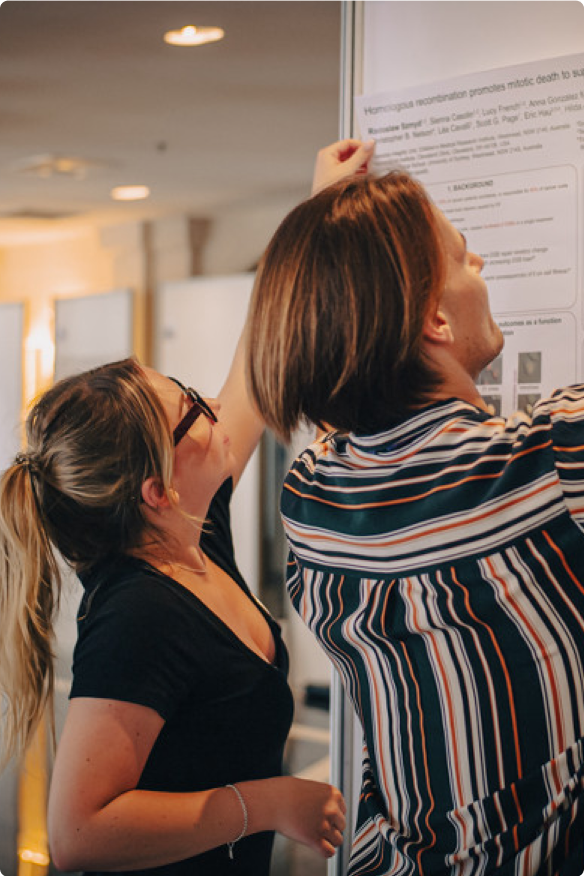
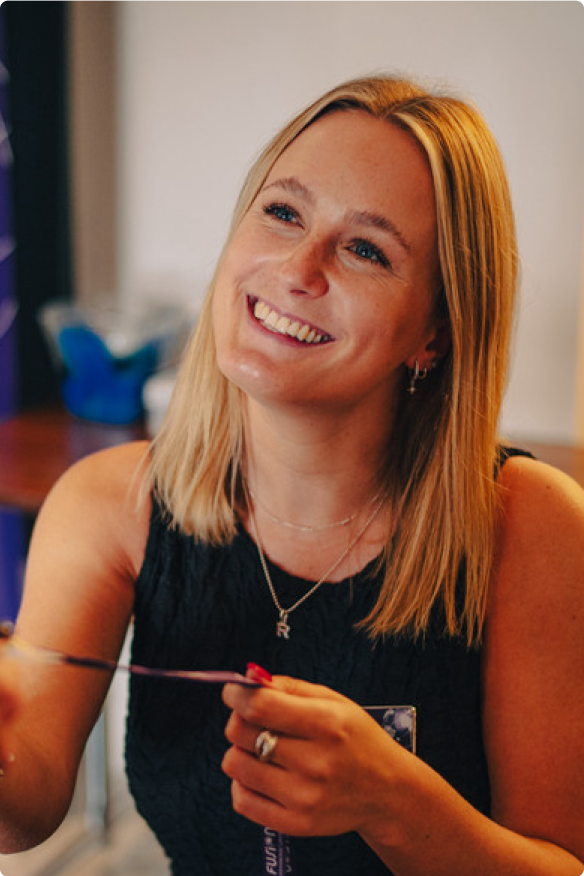
Need some help? Chat to the Fusion team today
As a family run business, our dedication runs deep. We’re committed to each other and, even more so, to every attendee’s experience, delivering a level of care and passion that’s truly unmatched.

